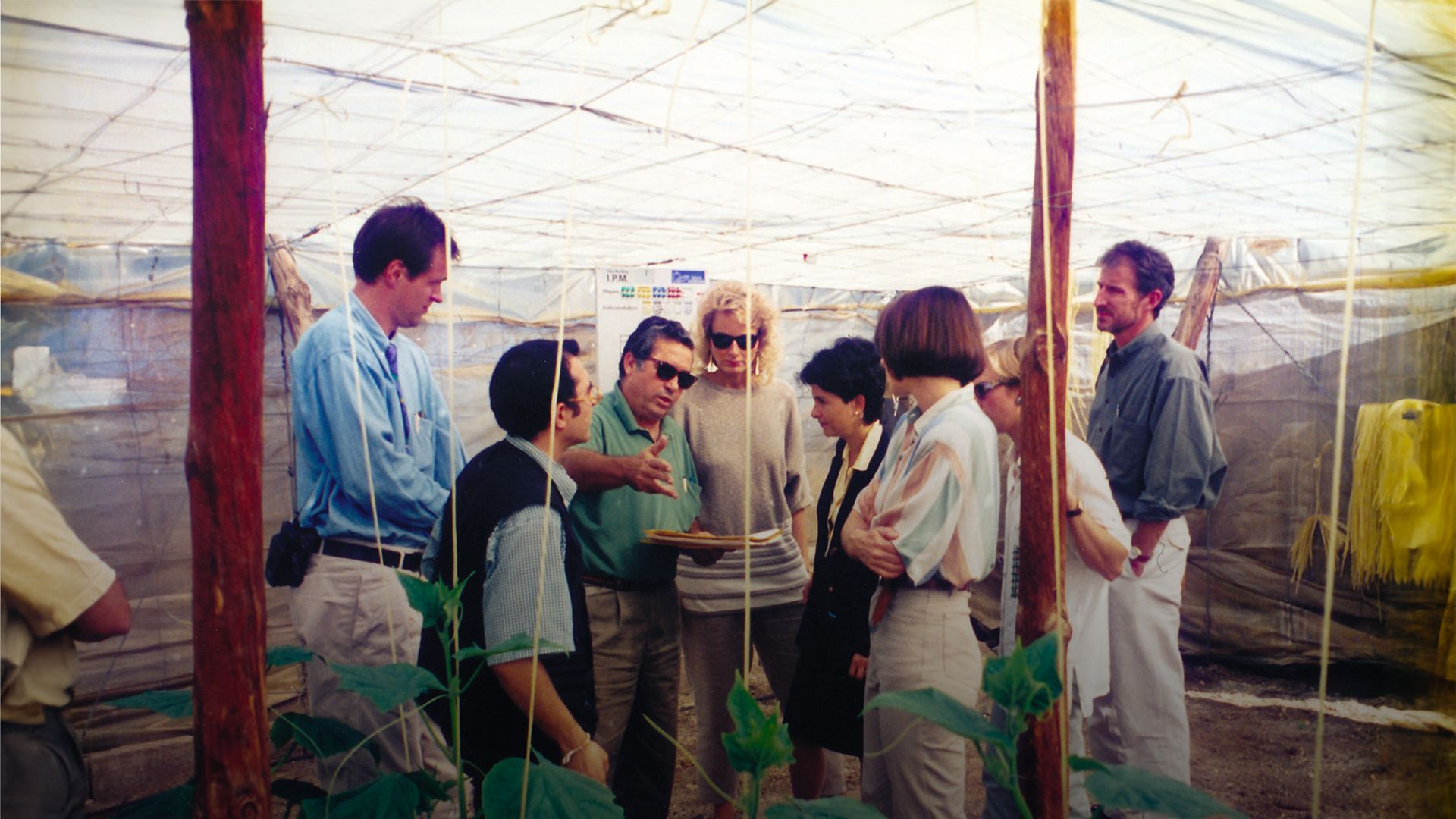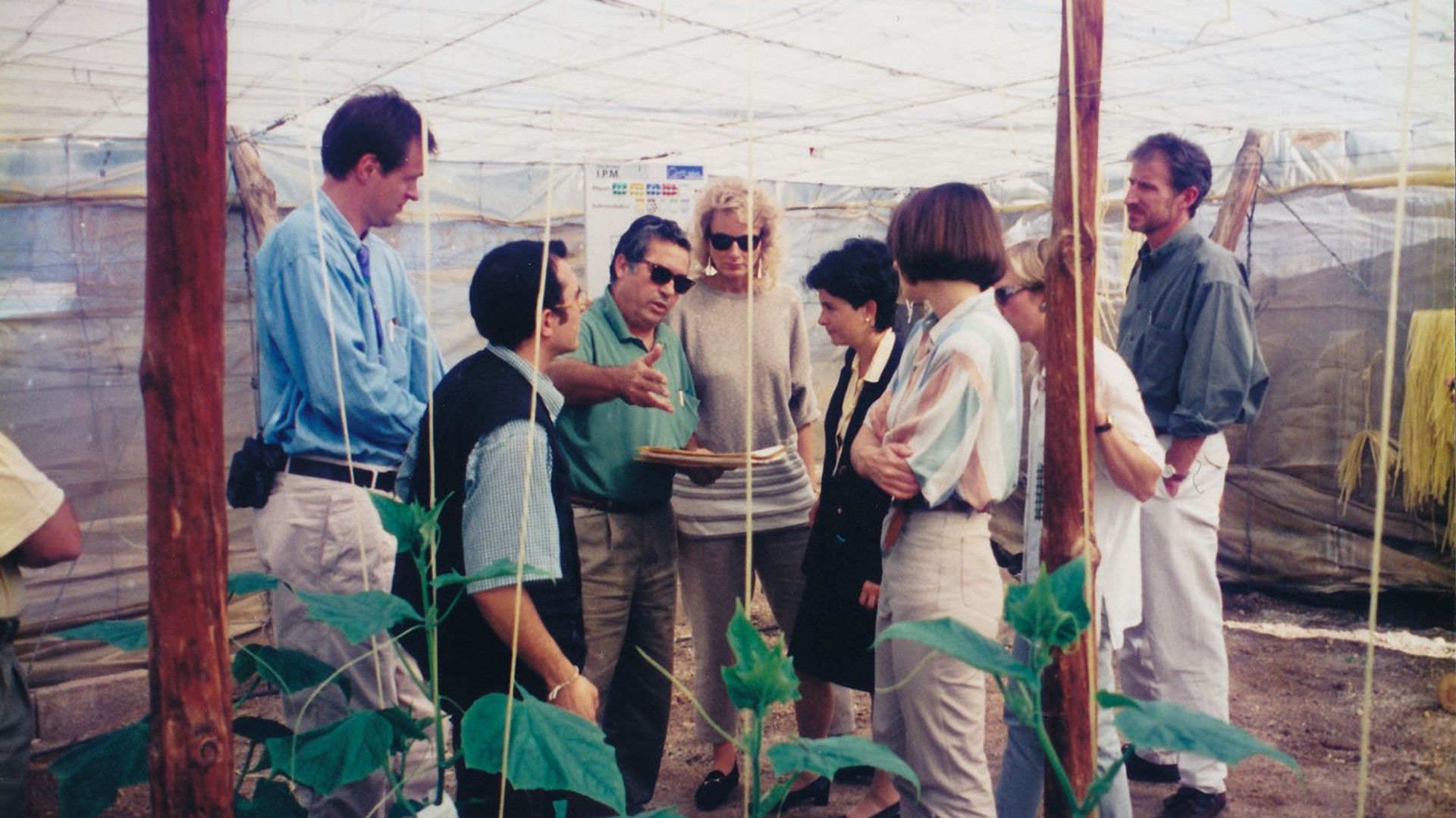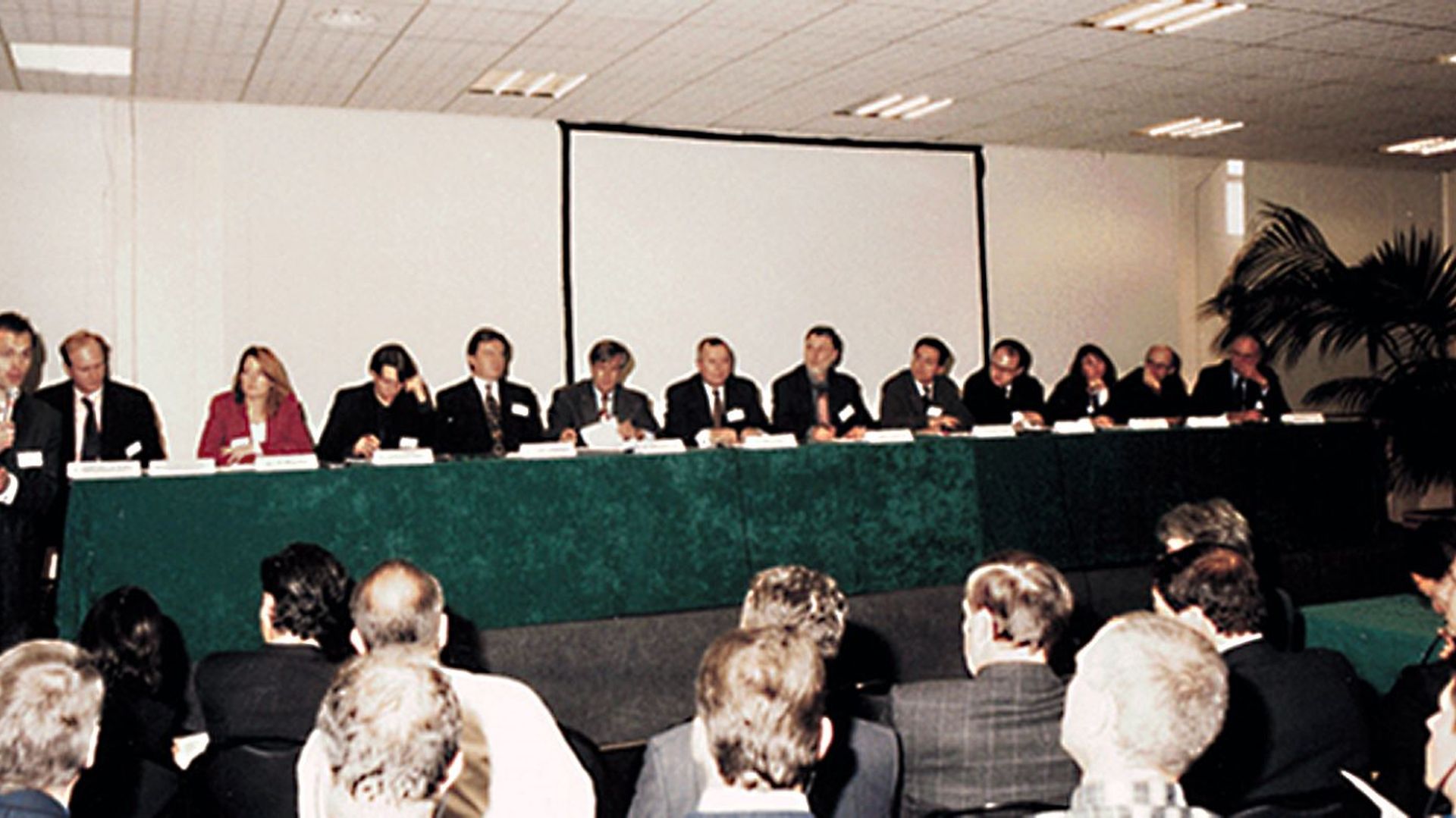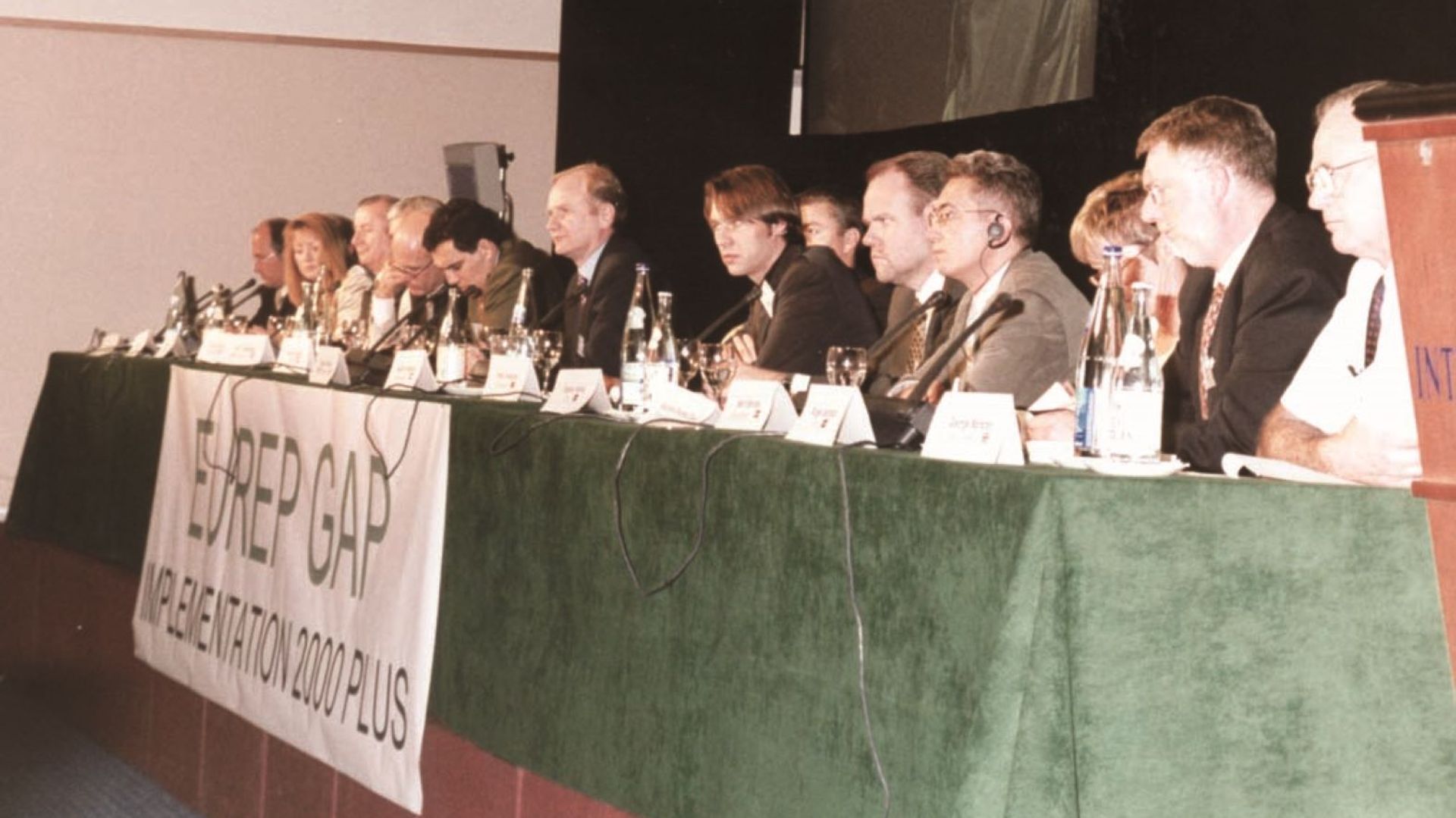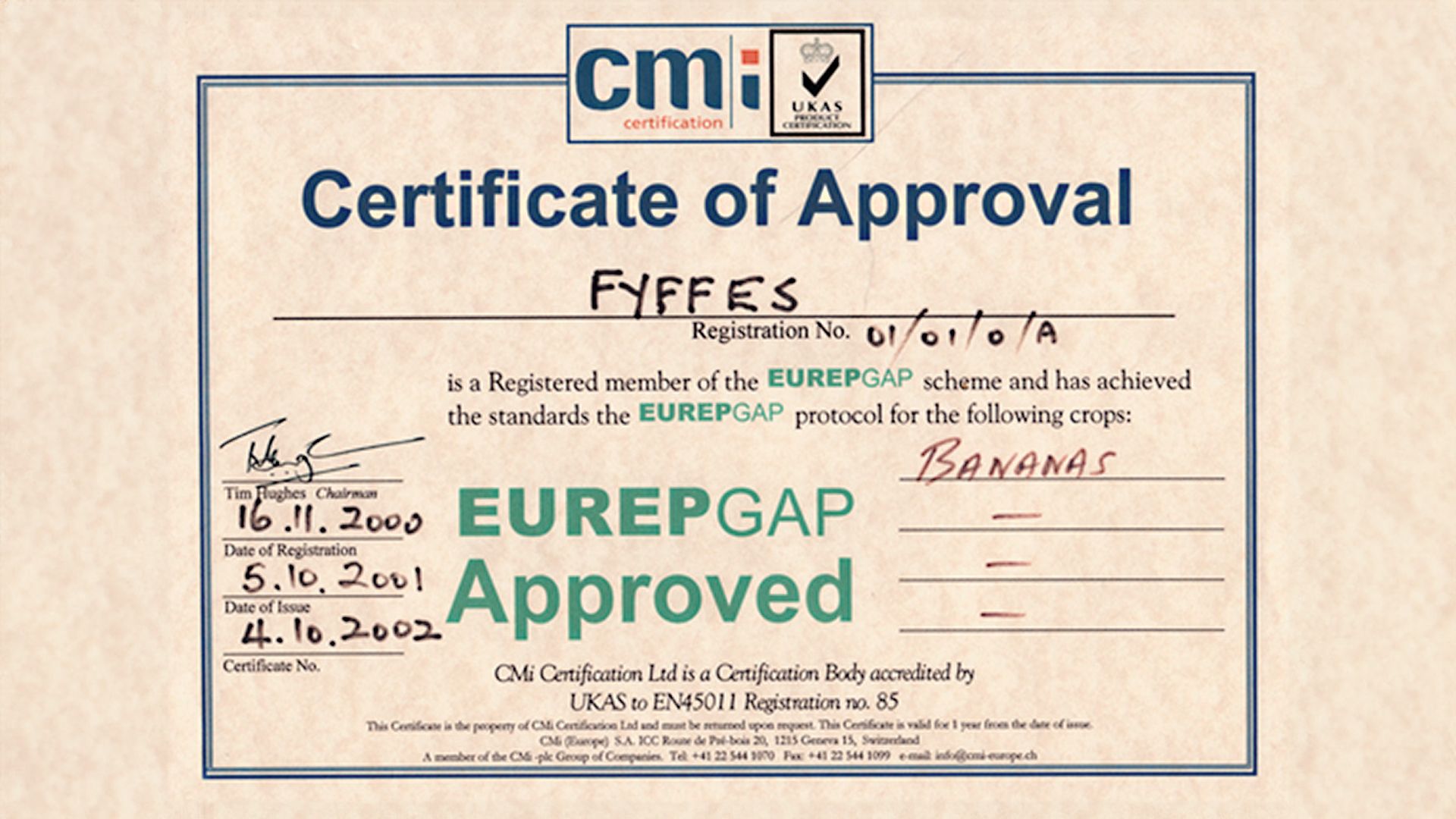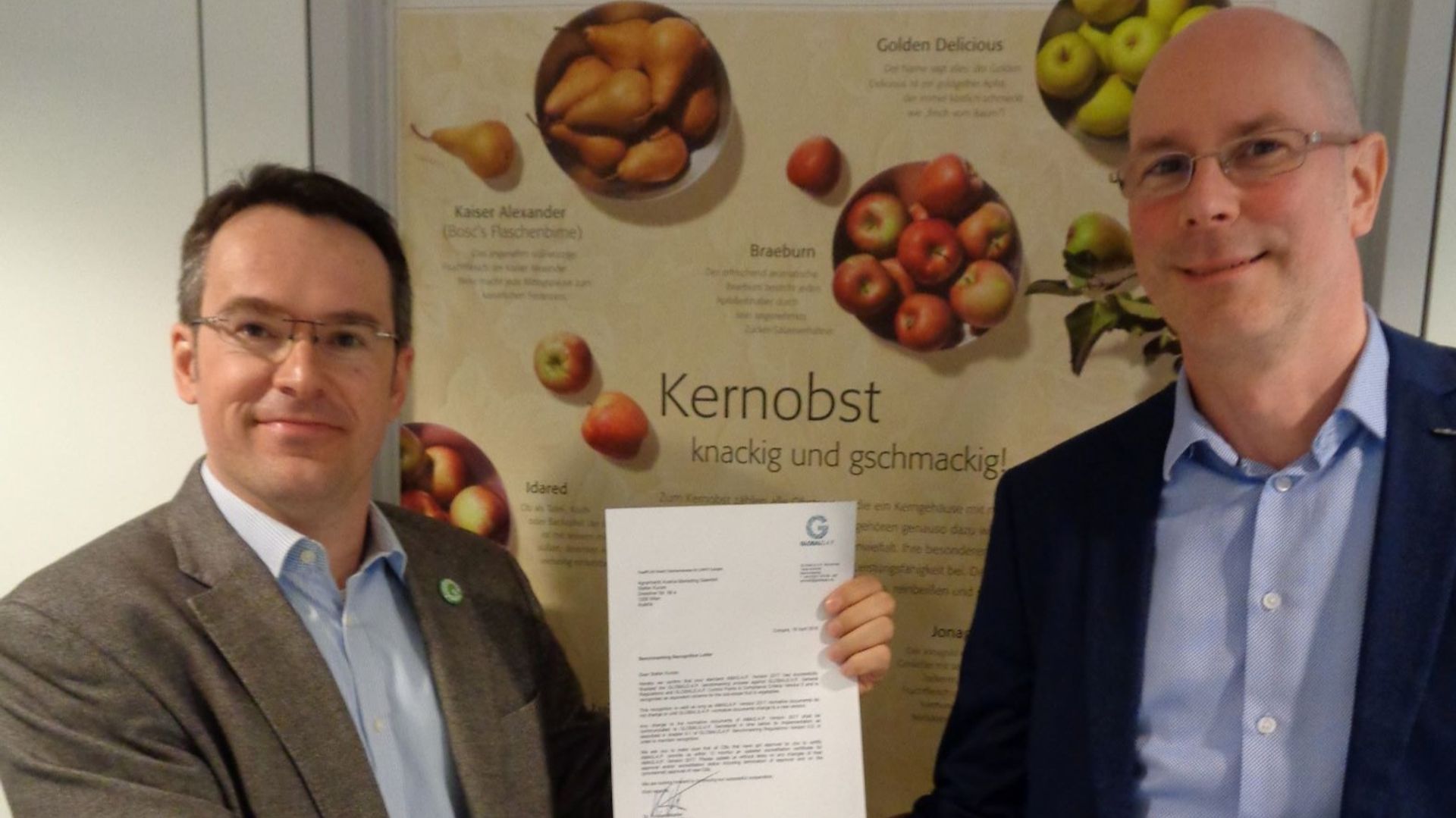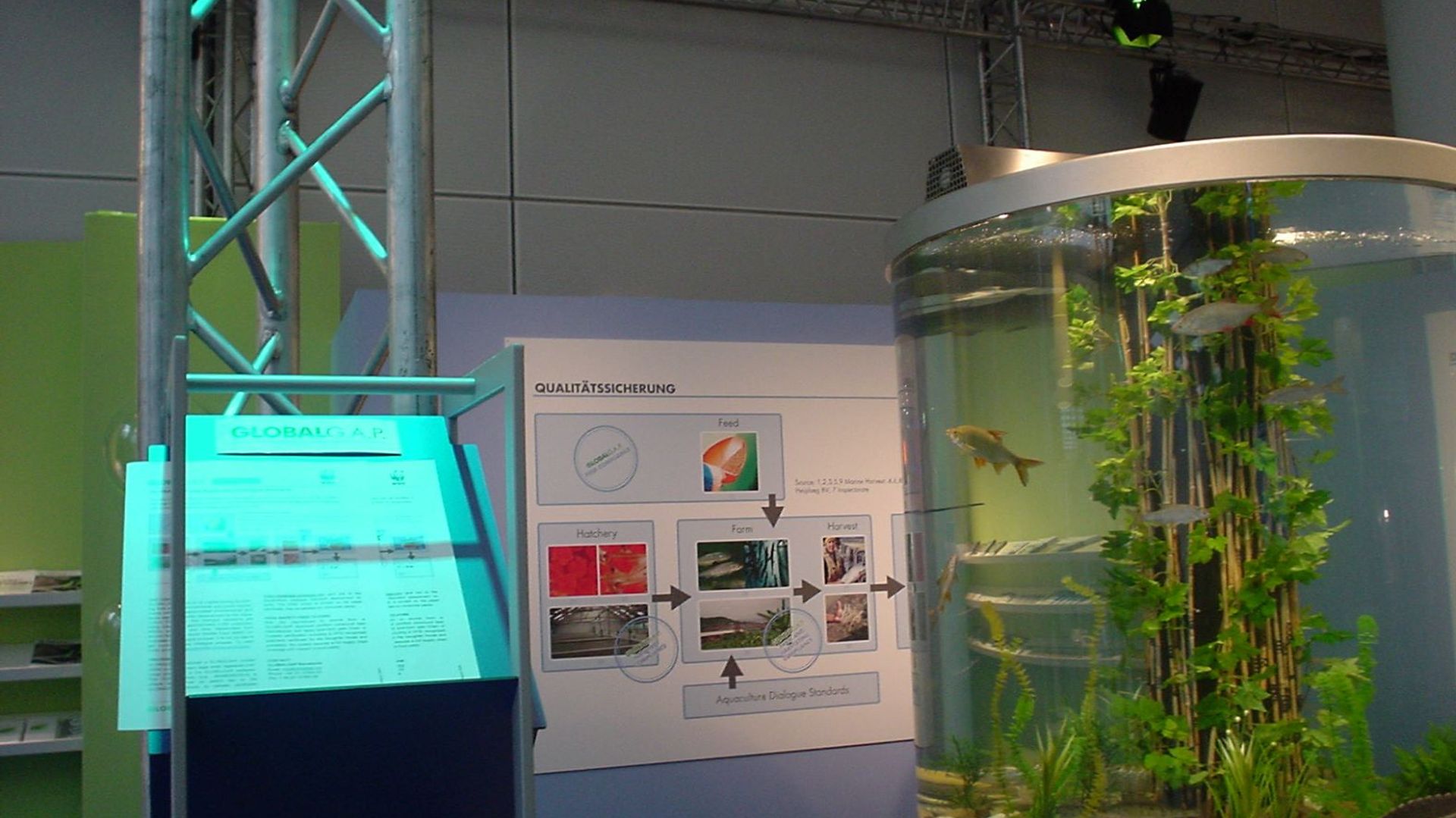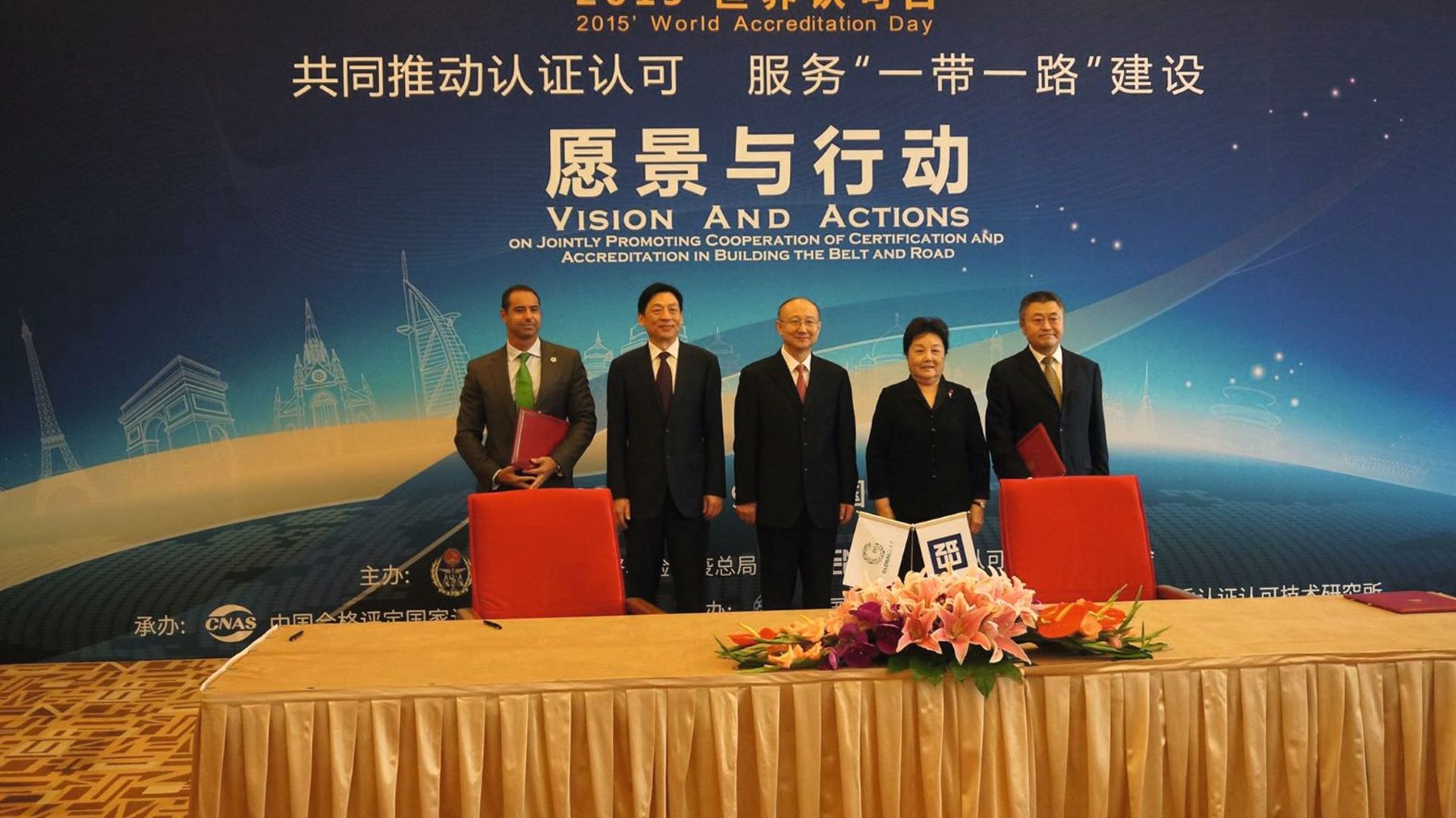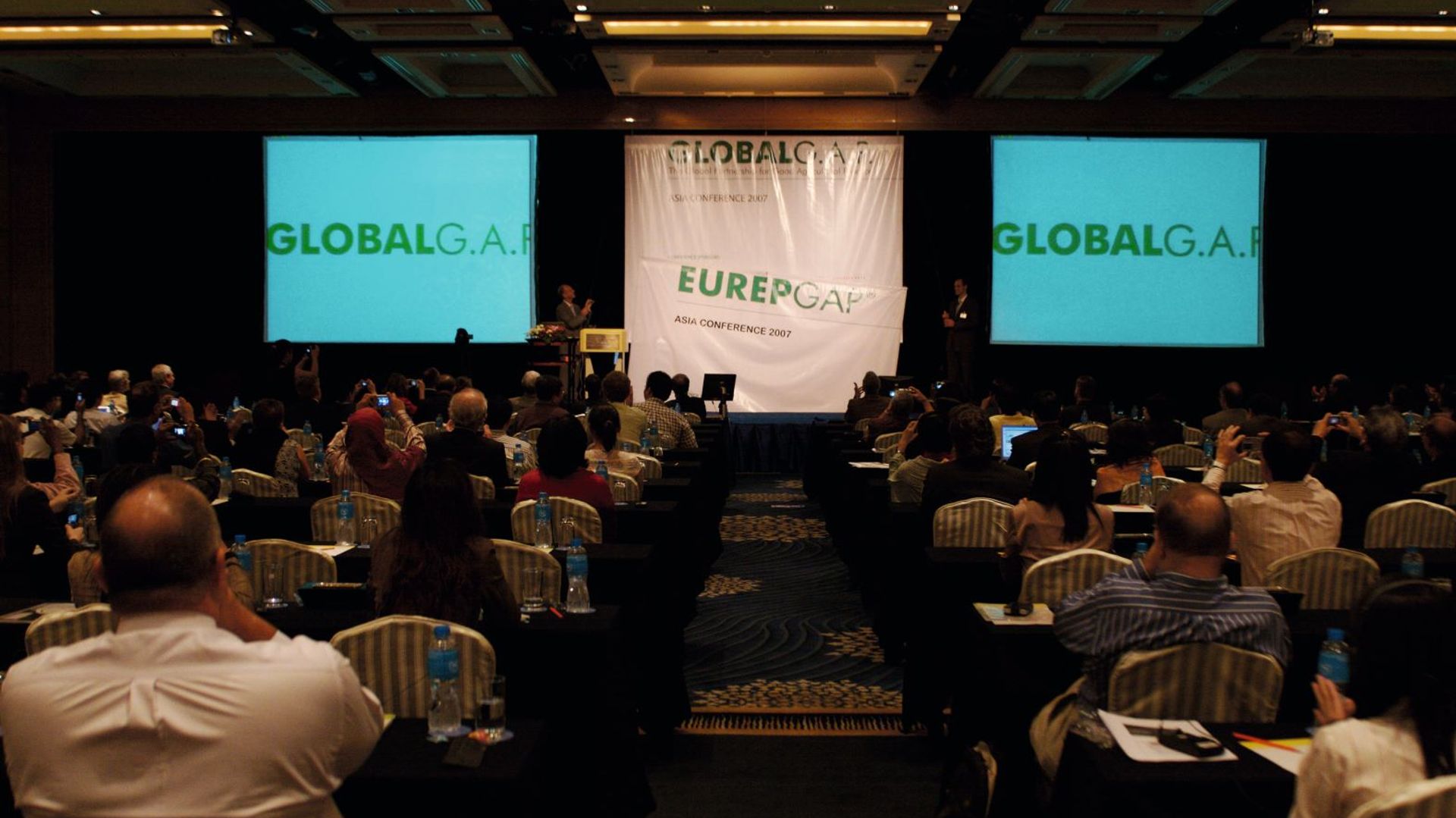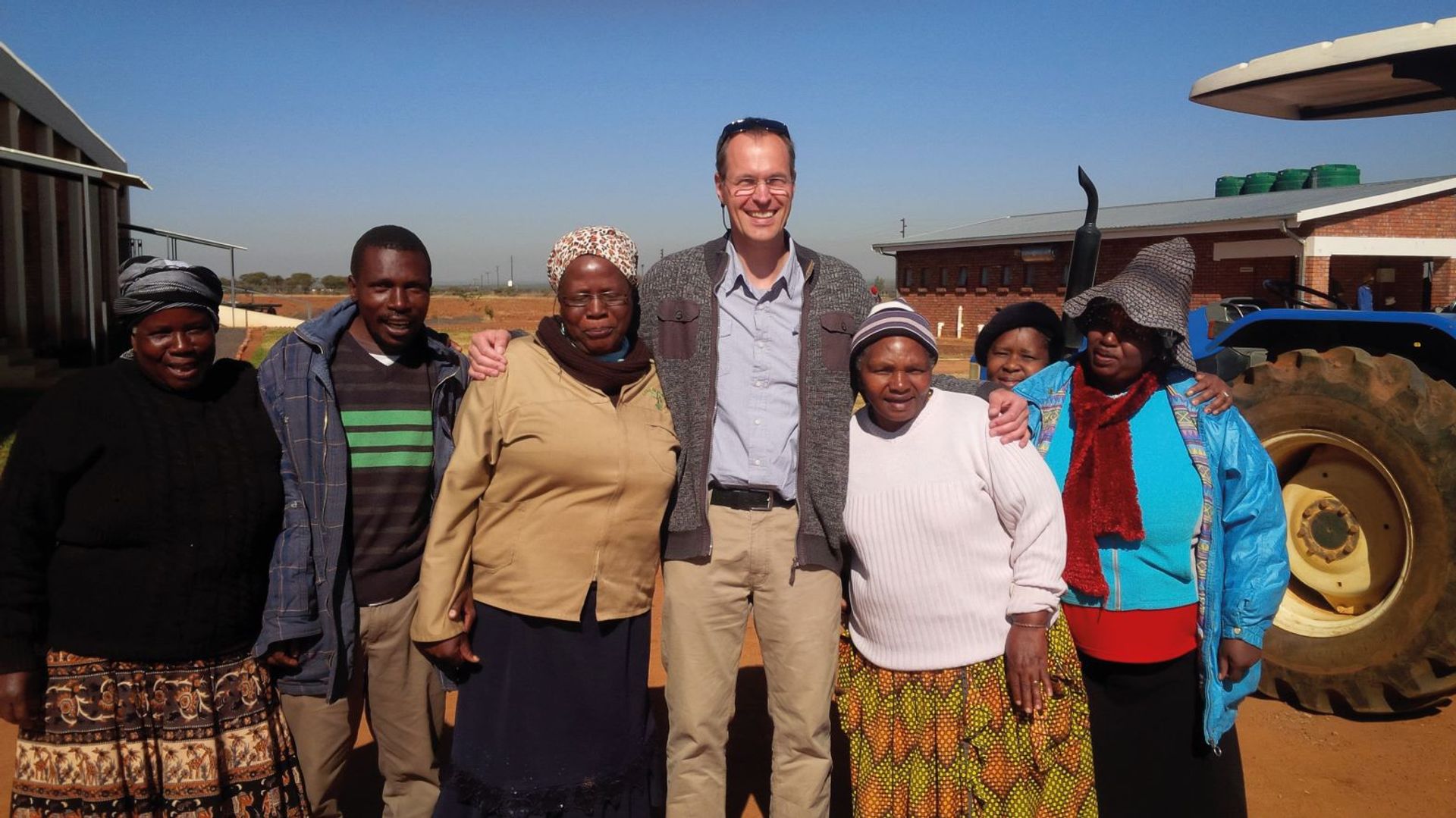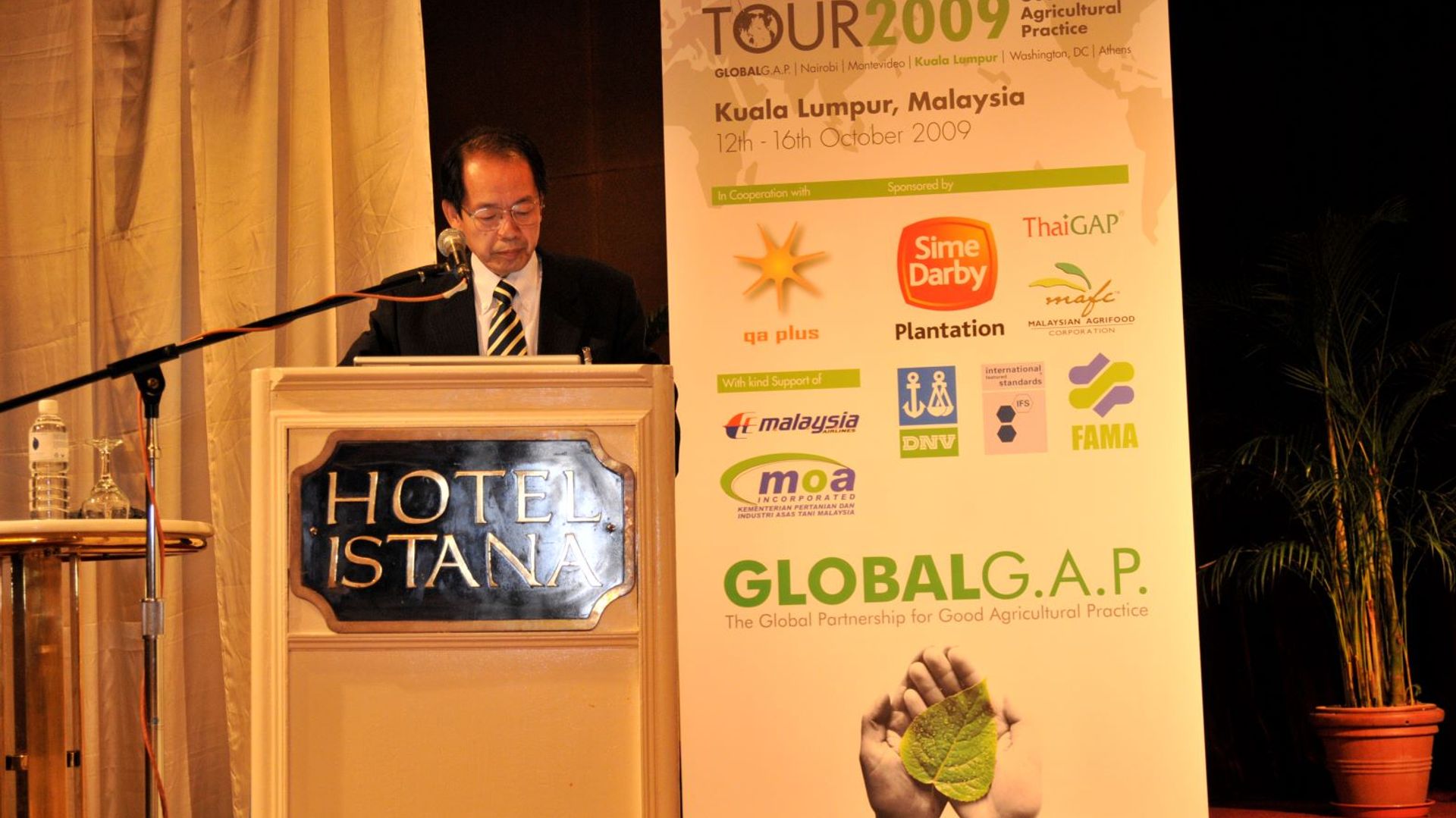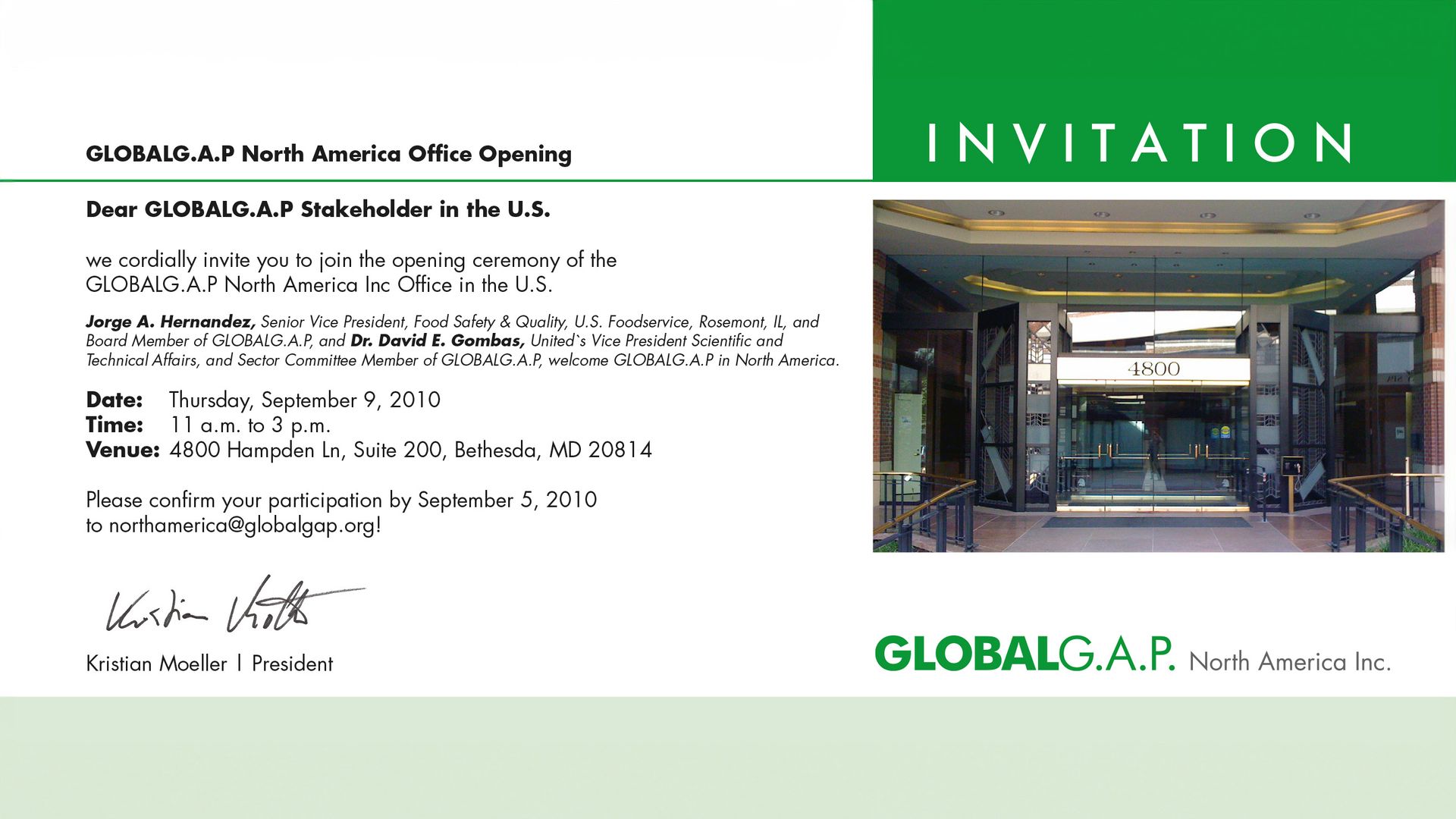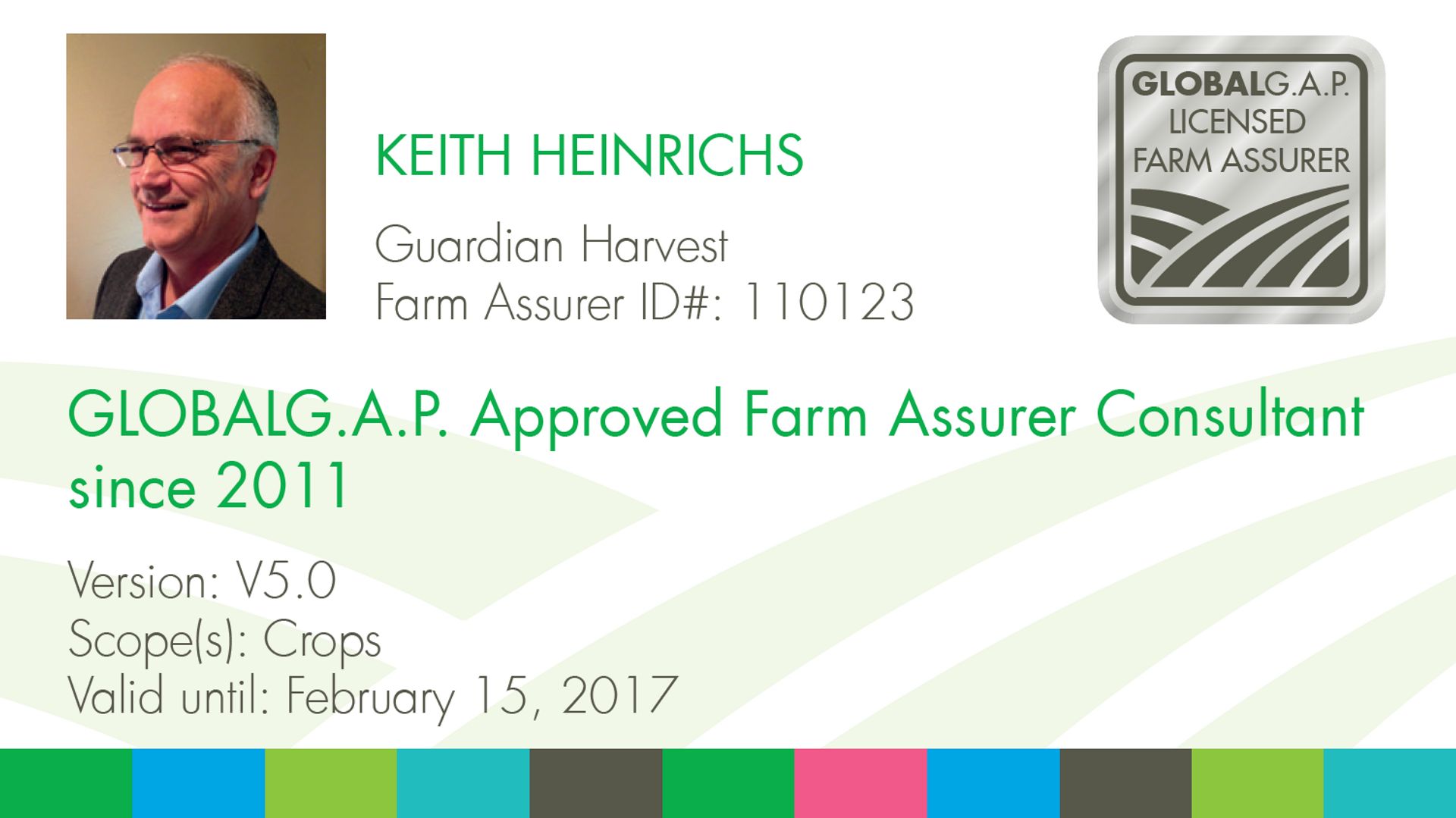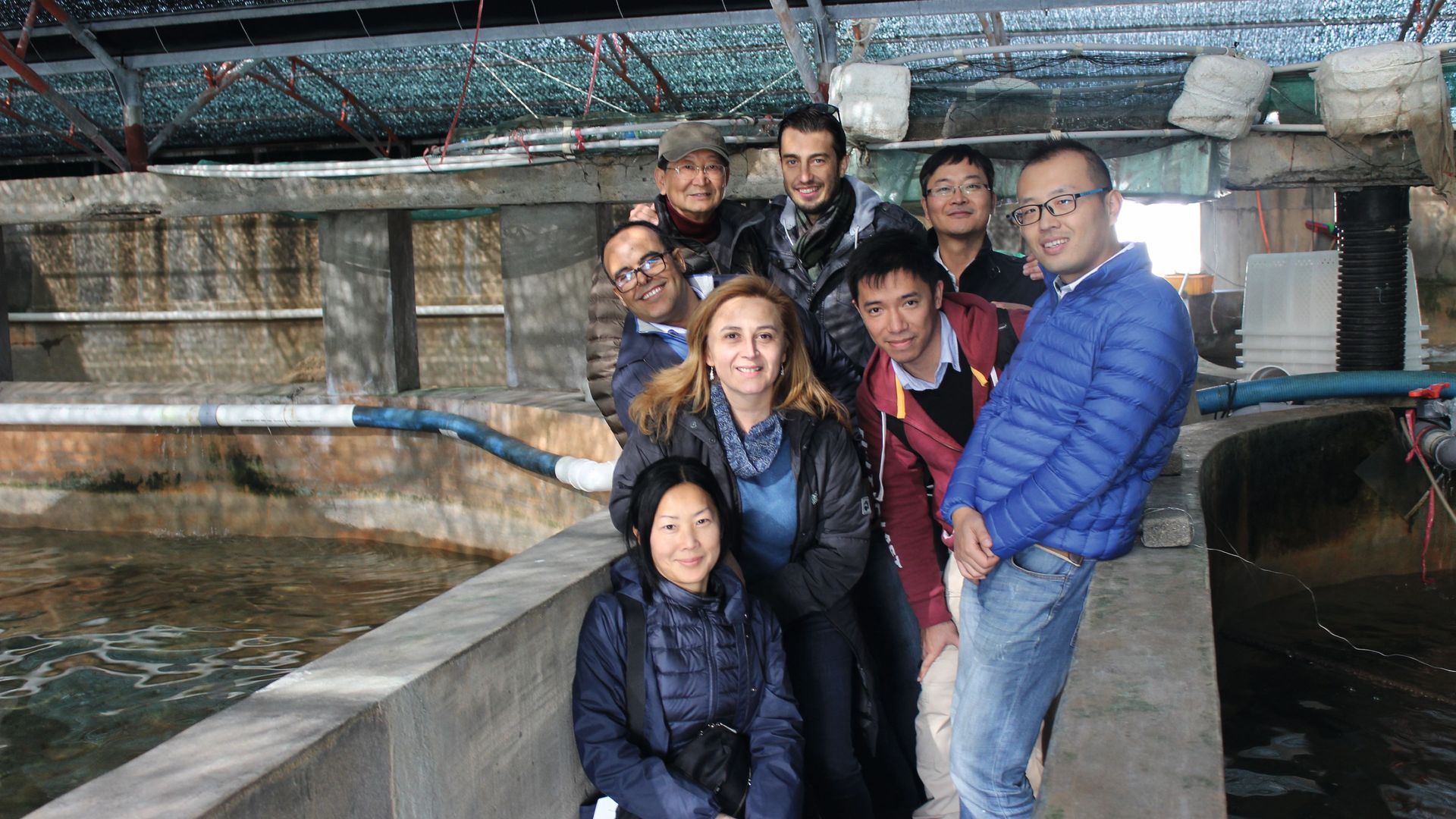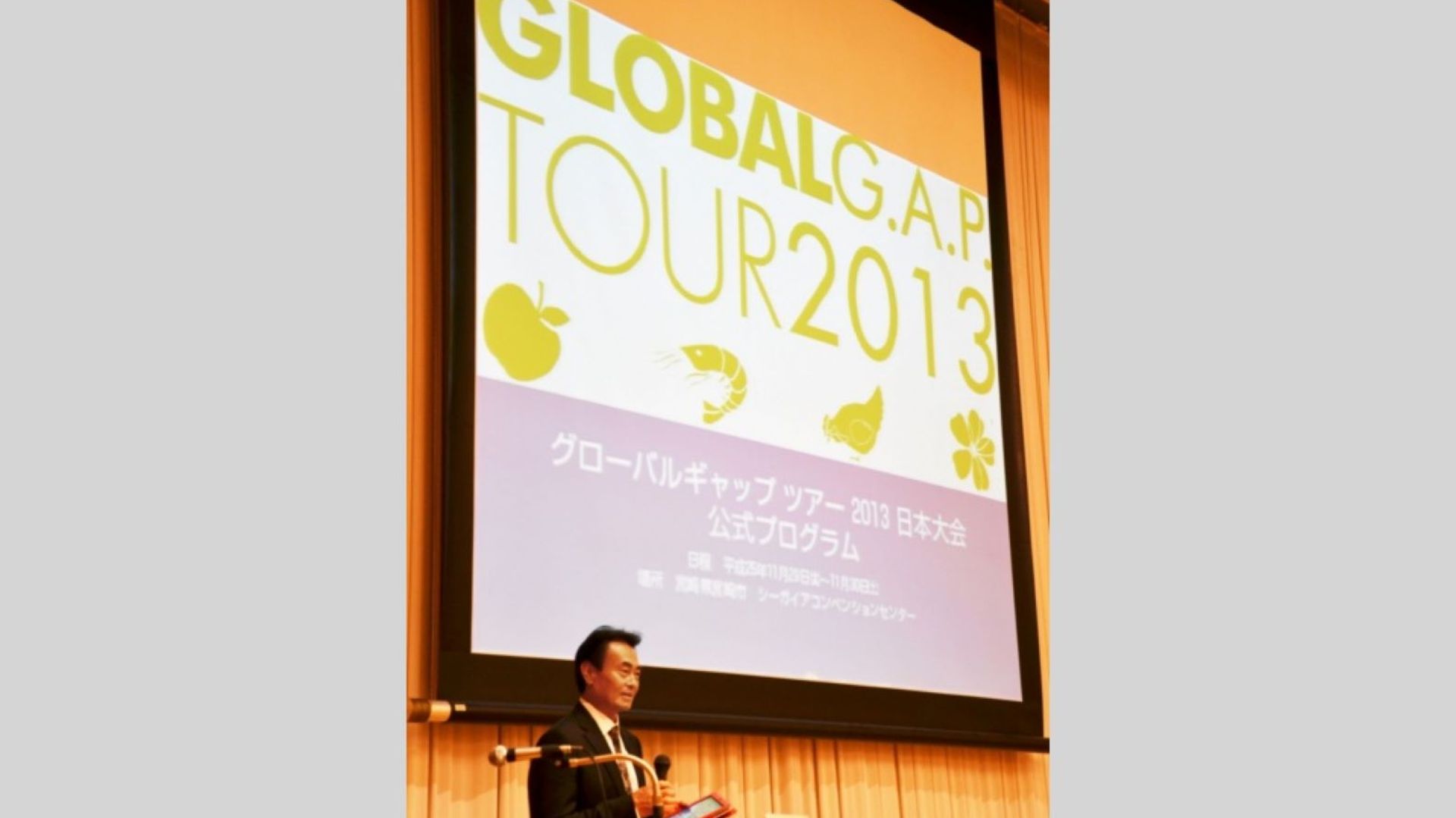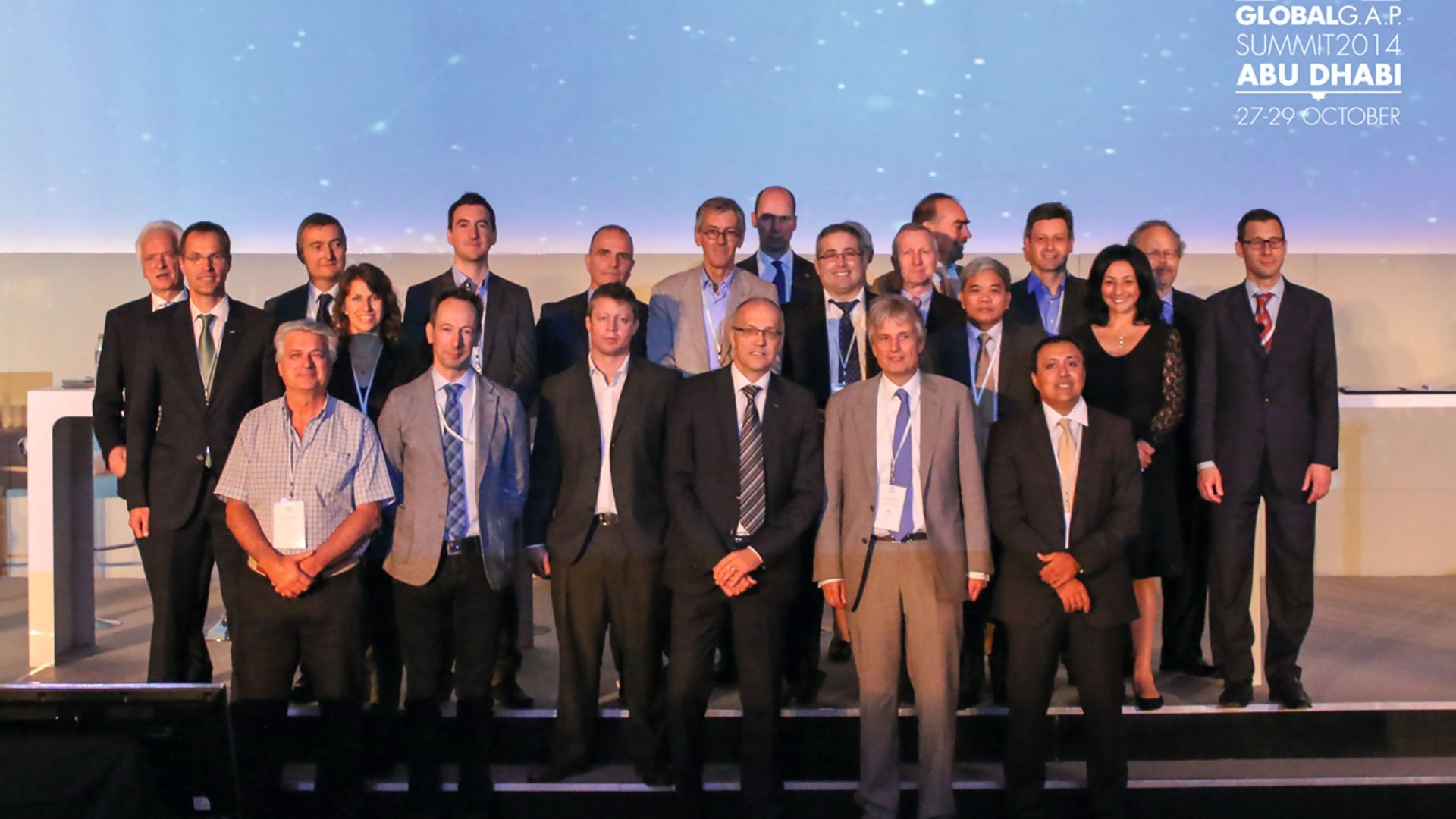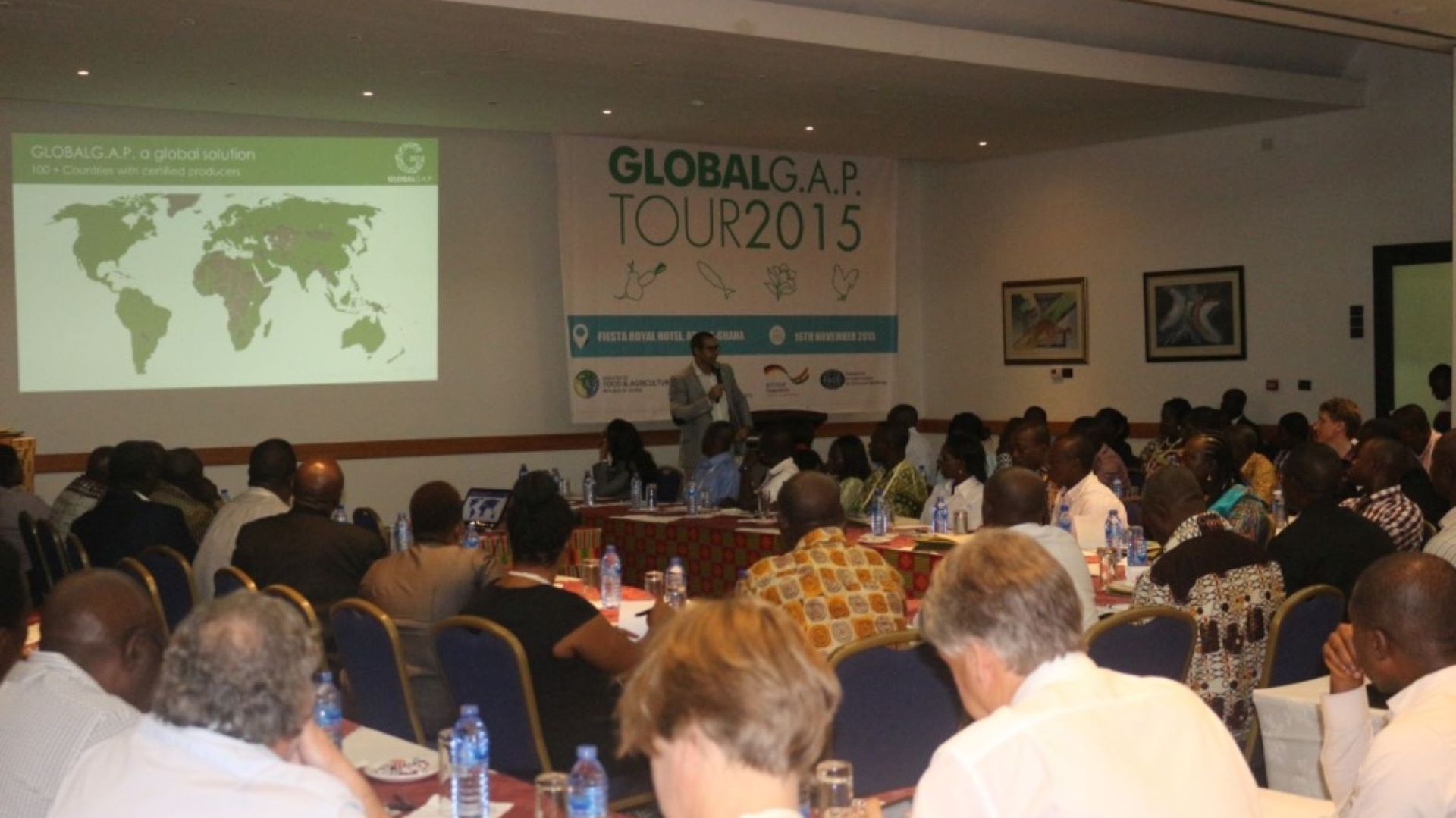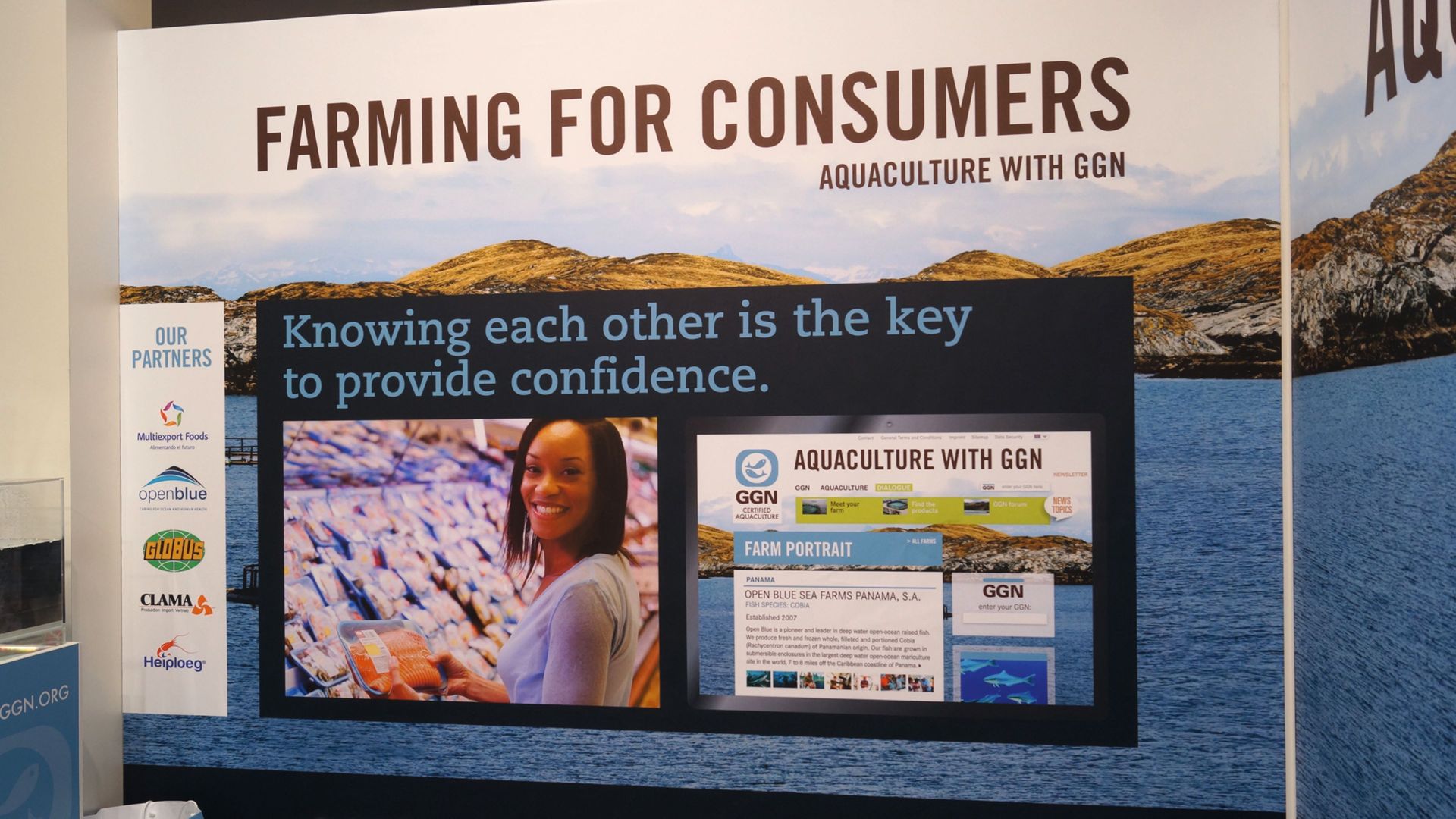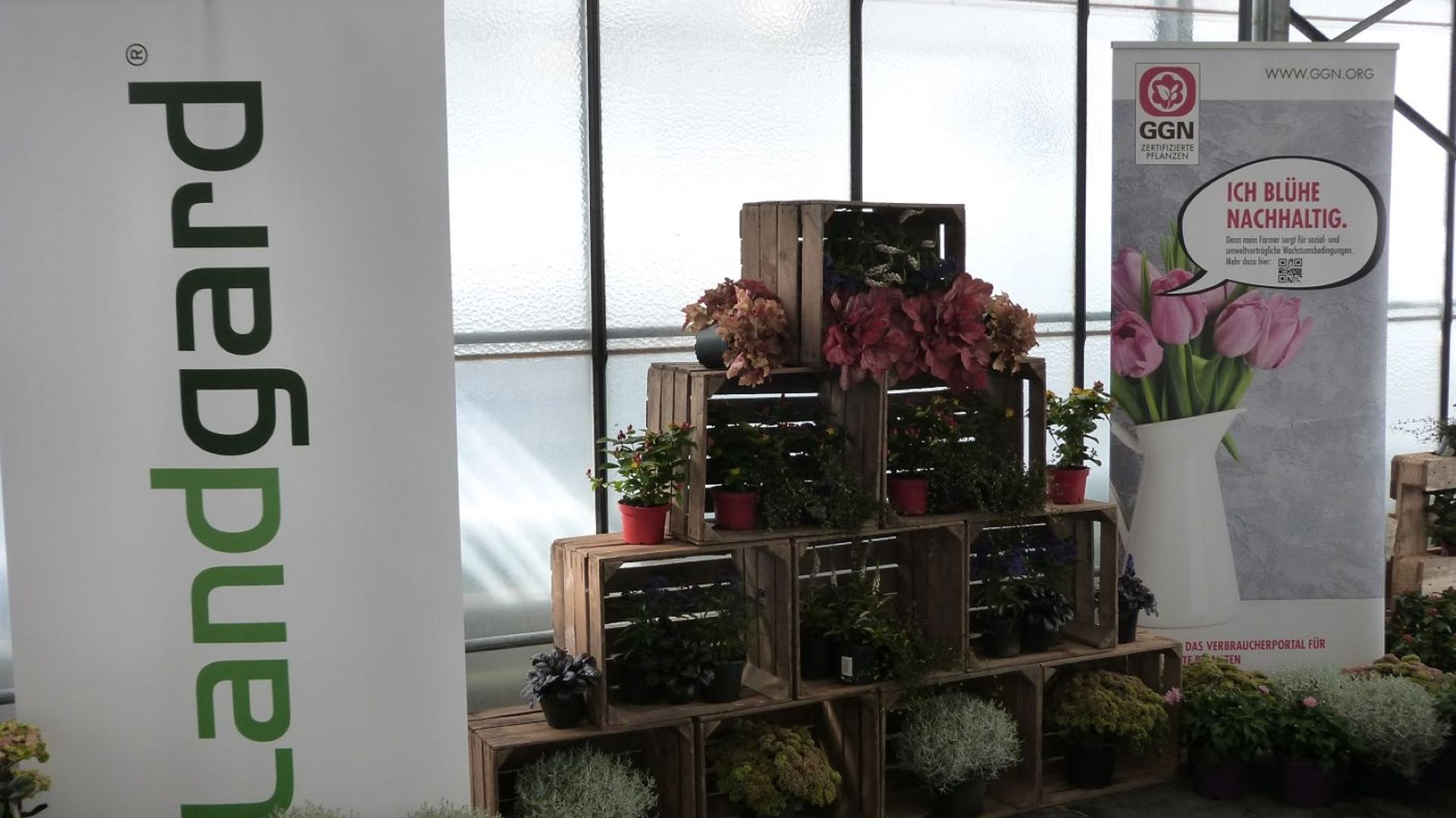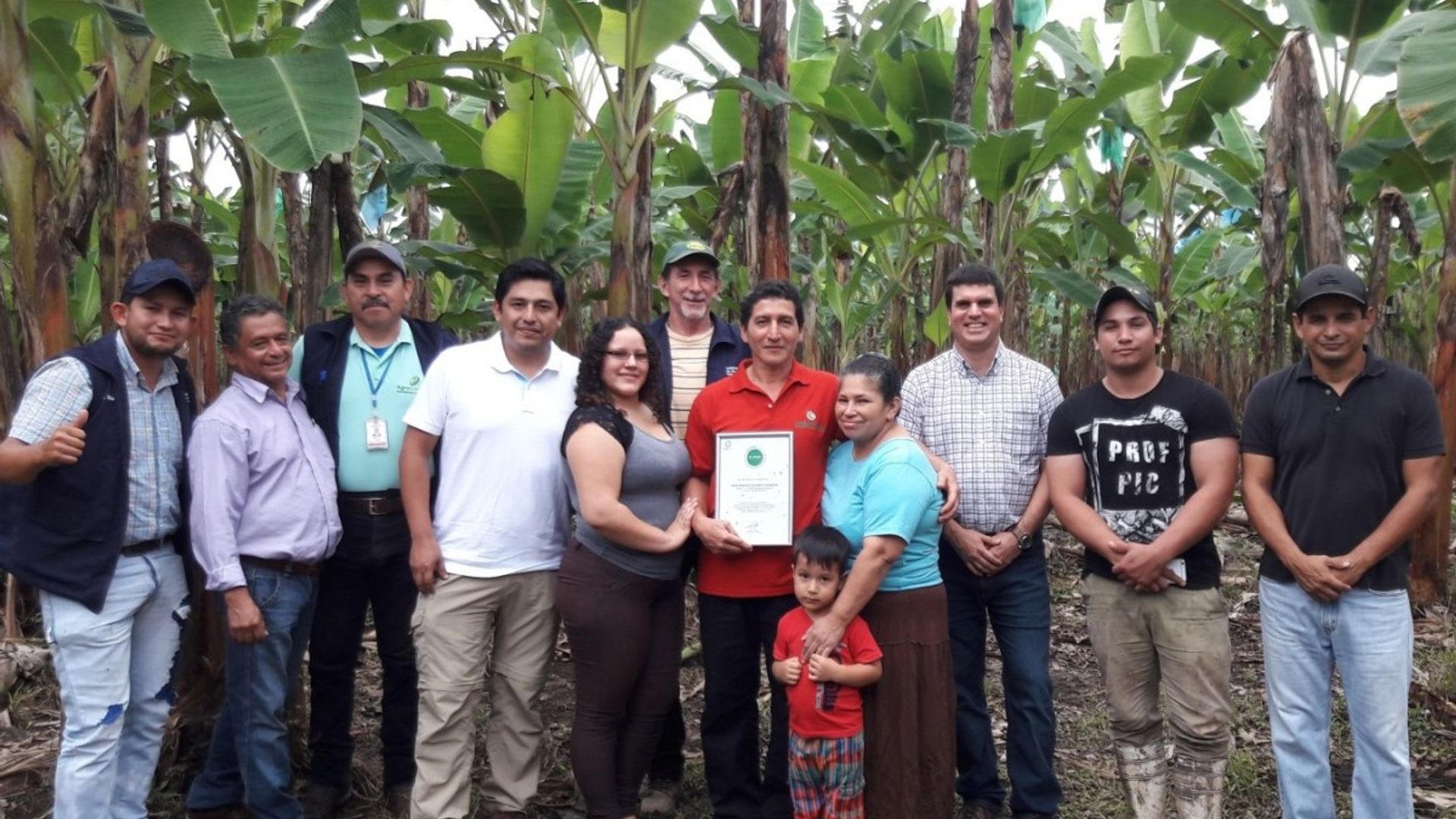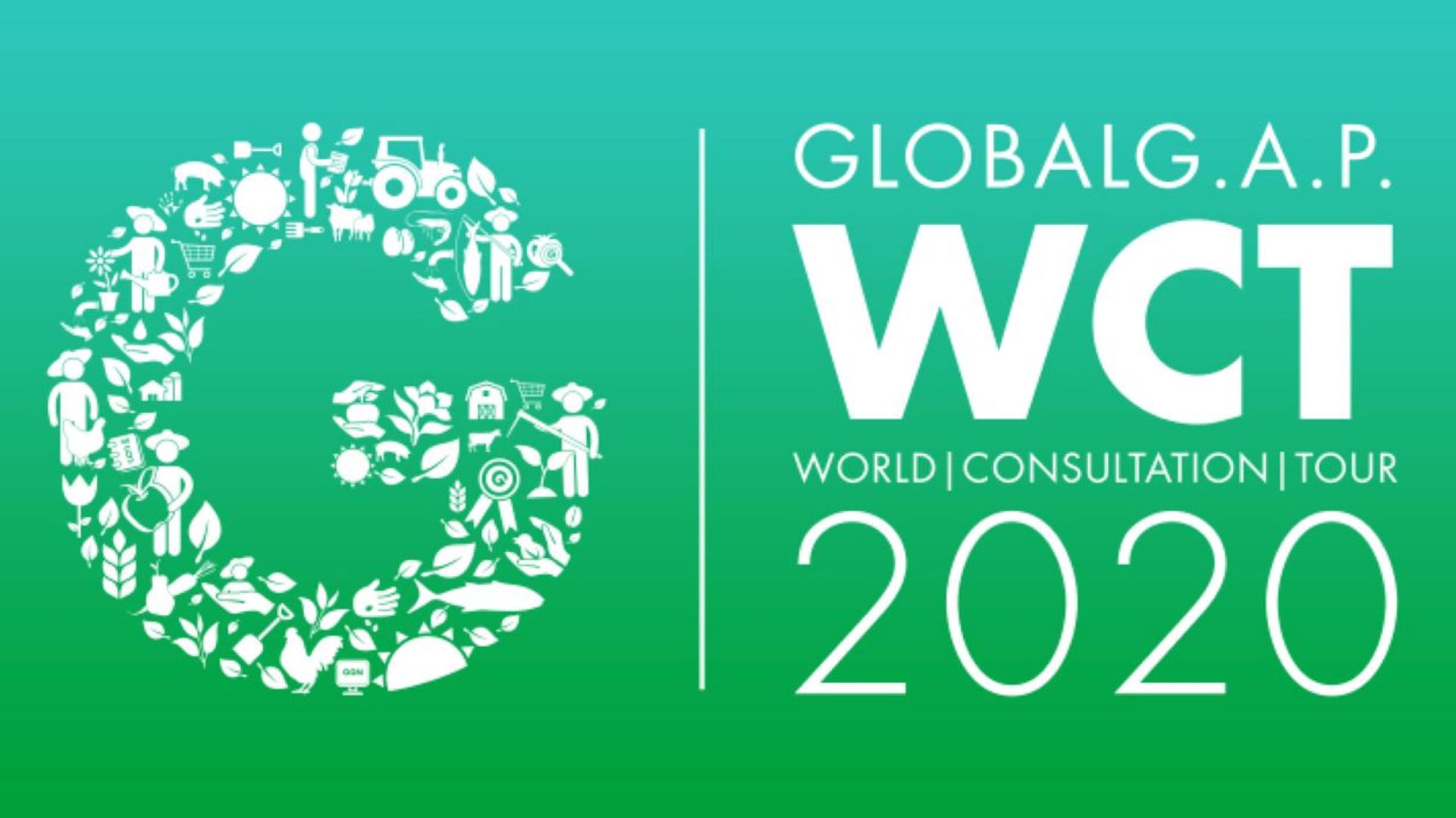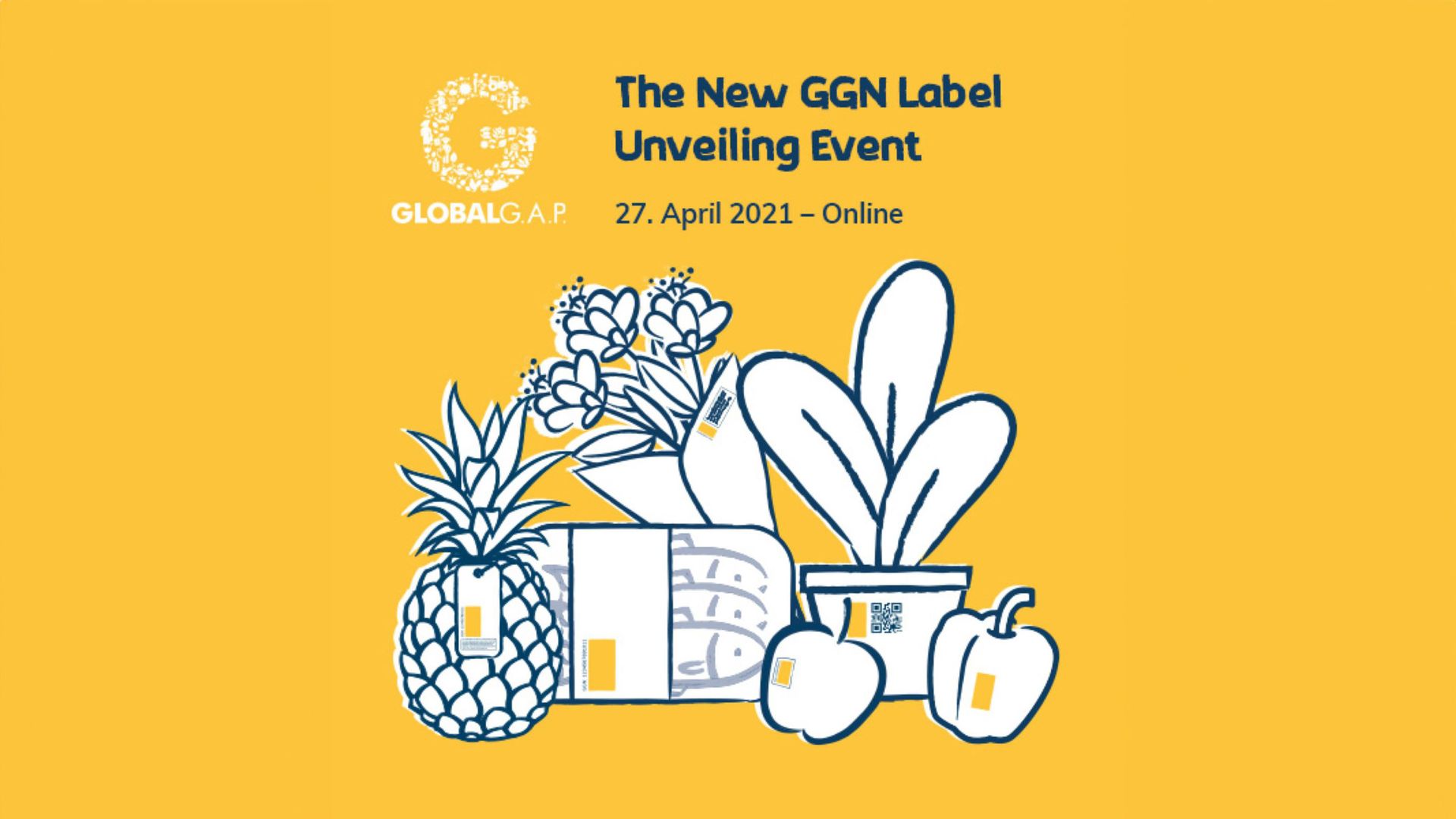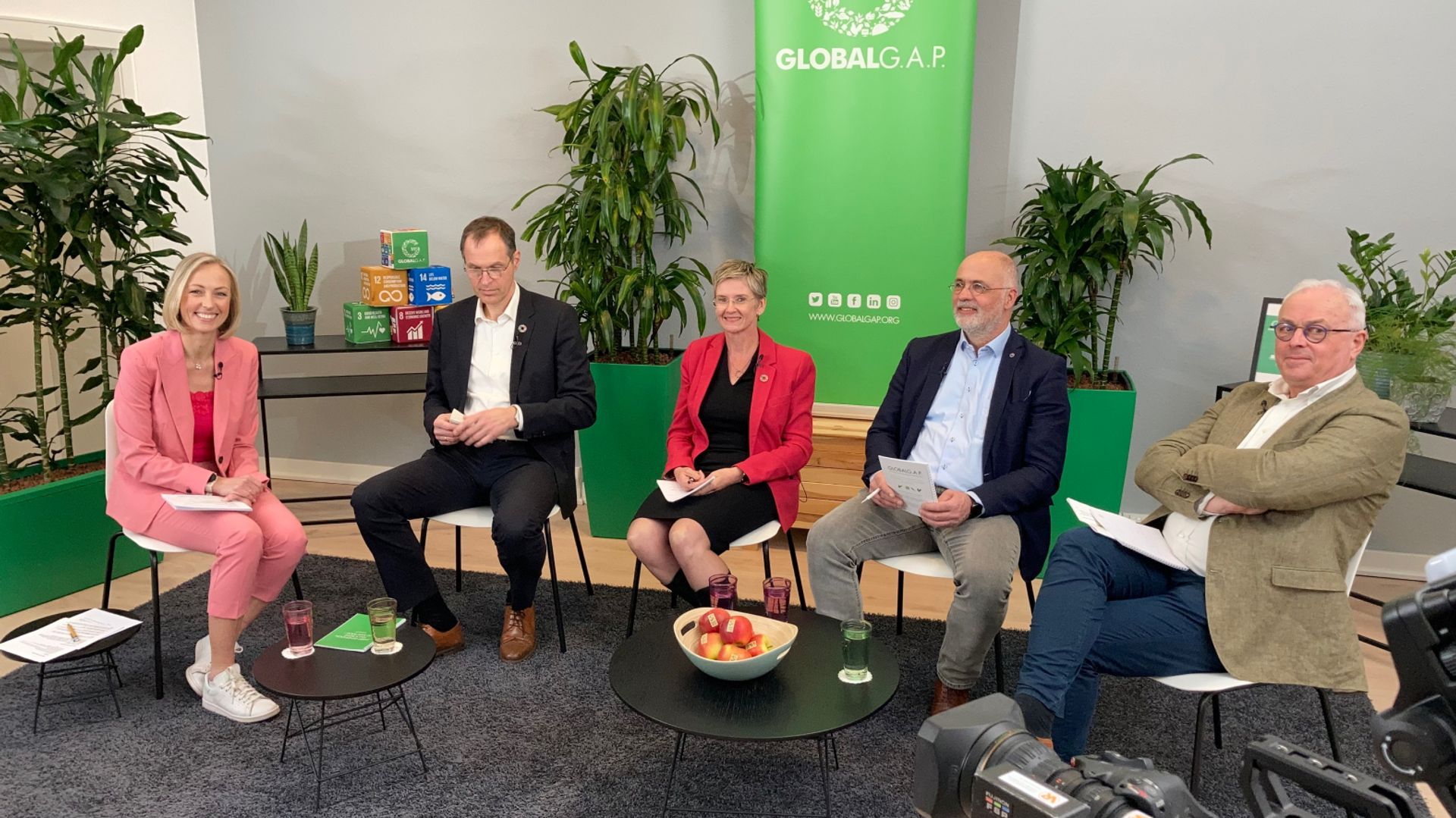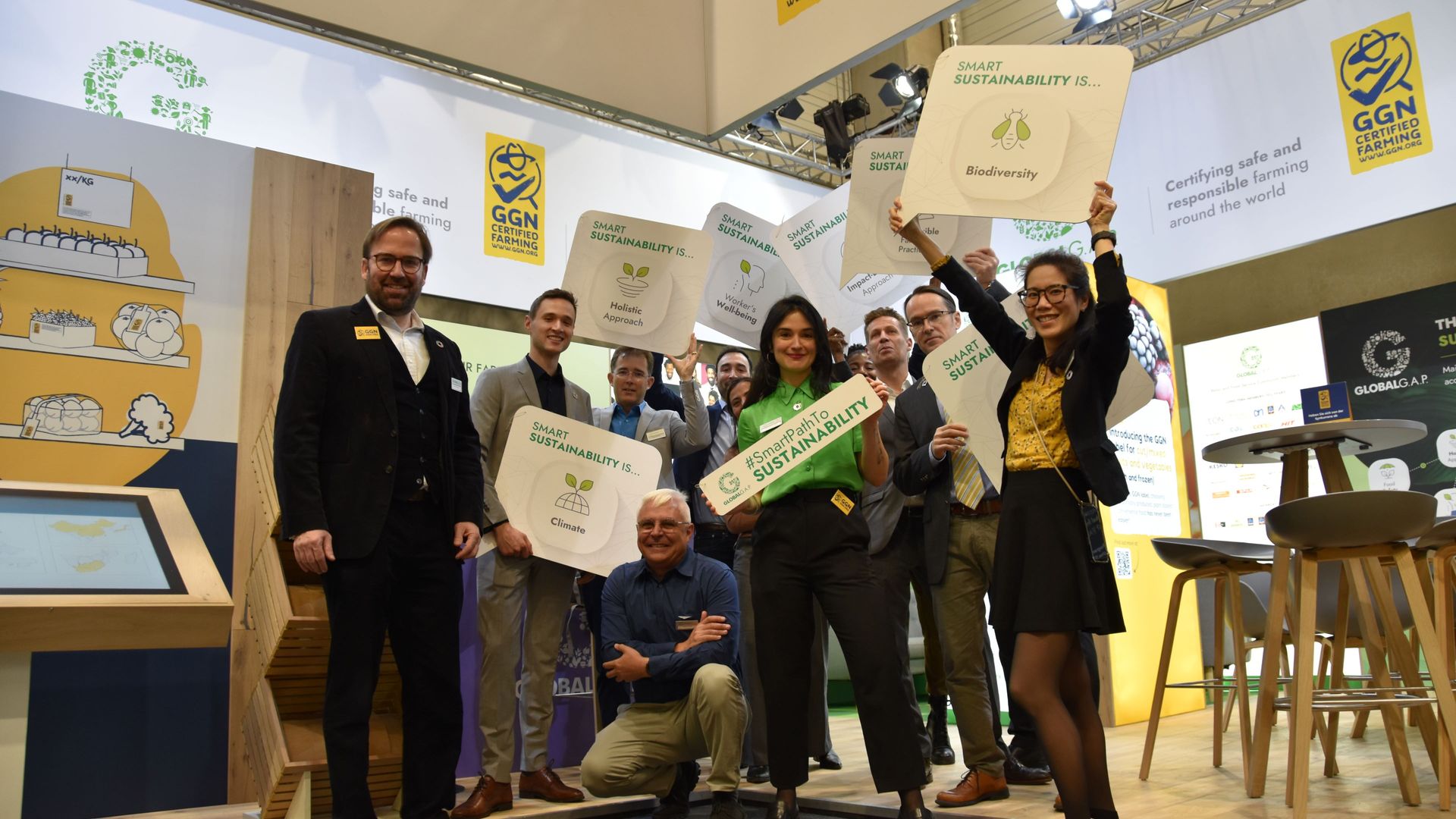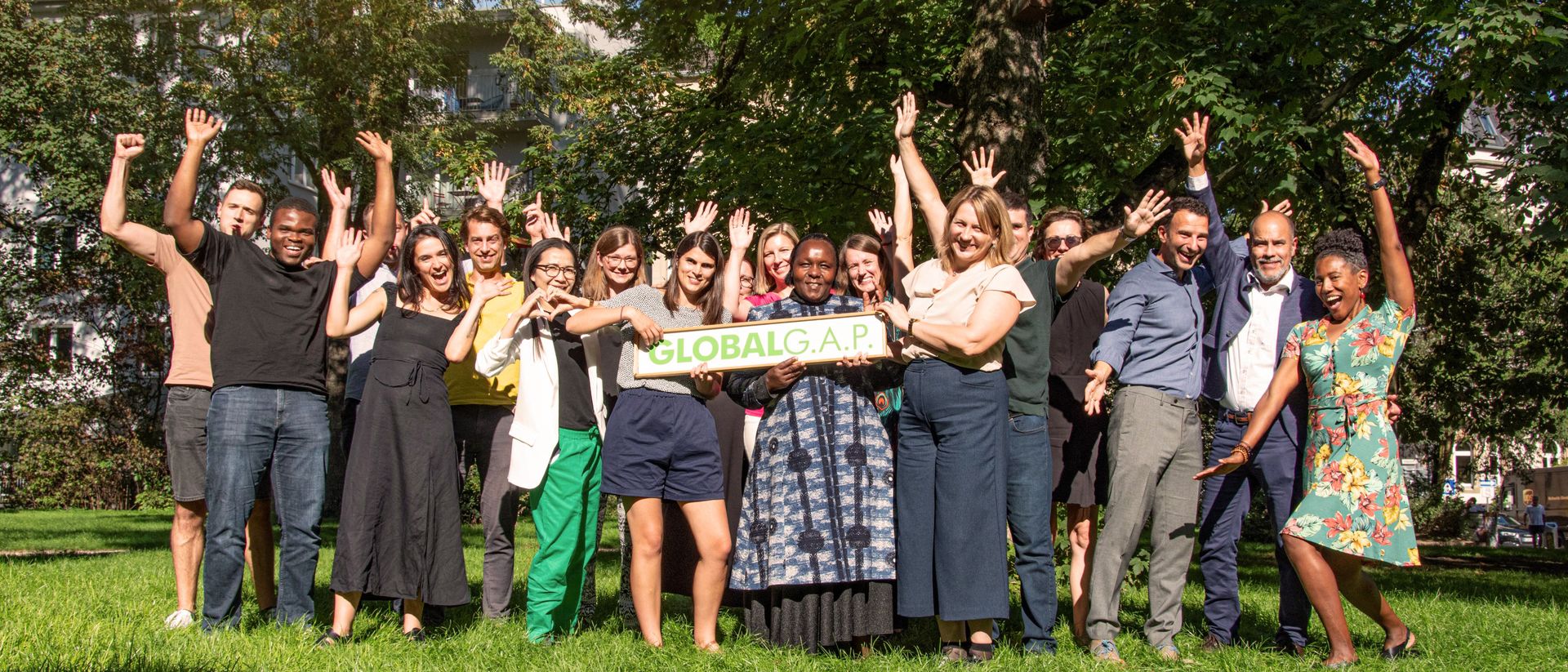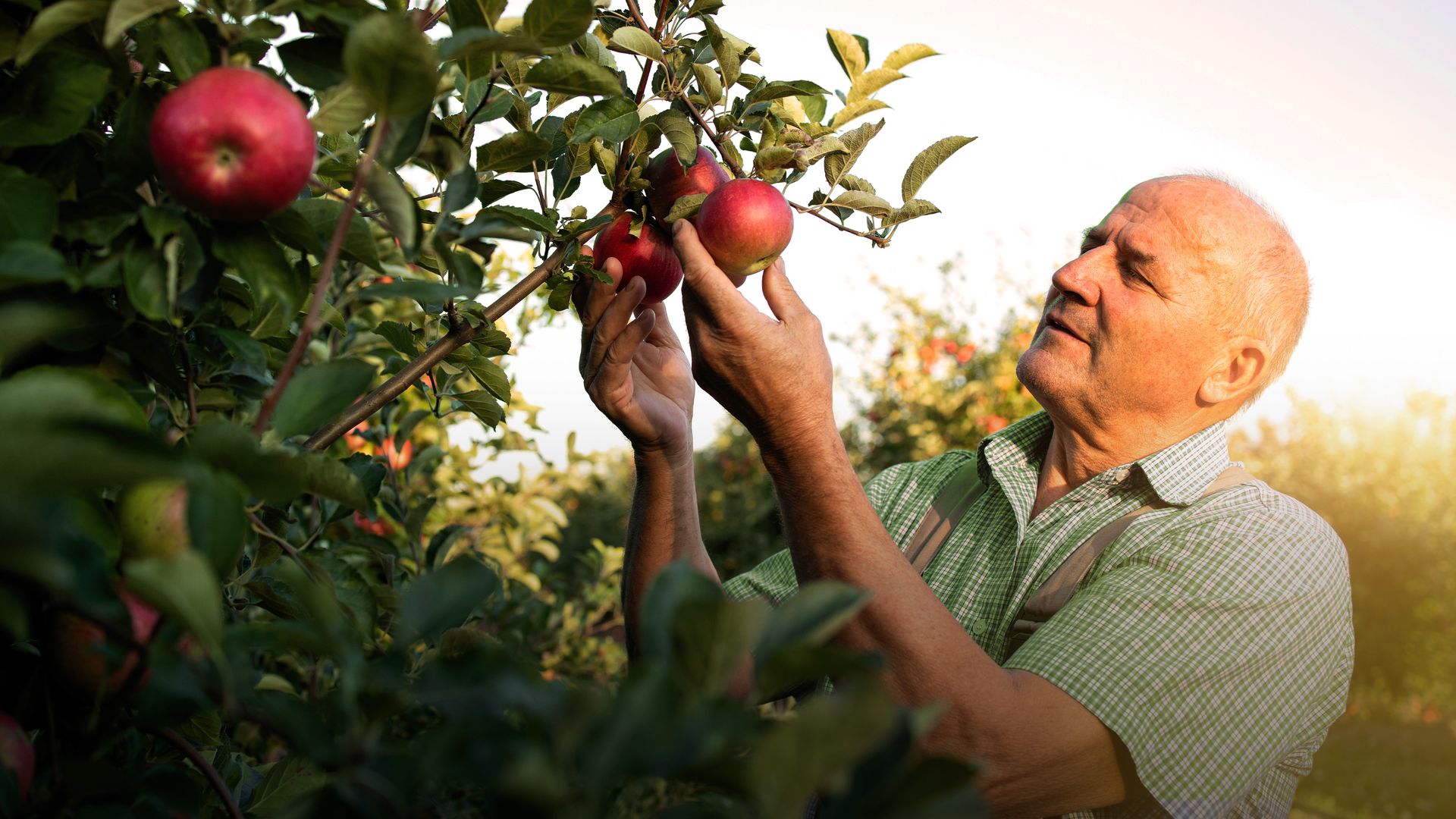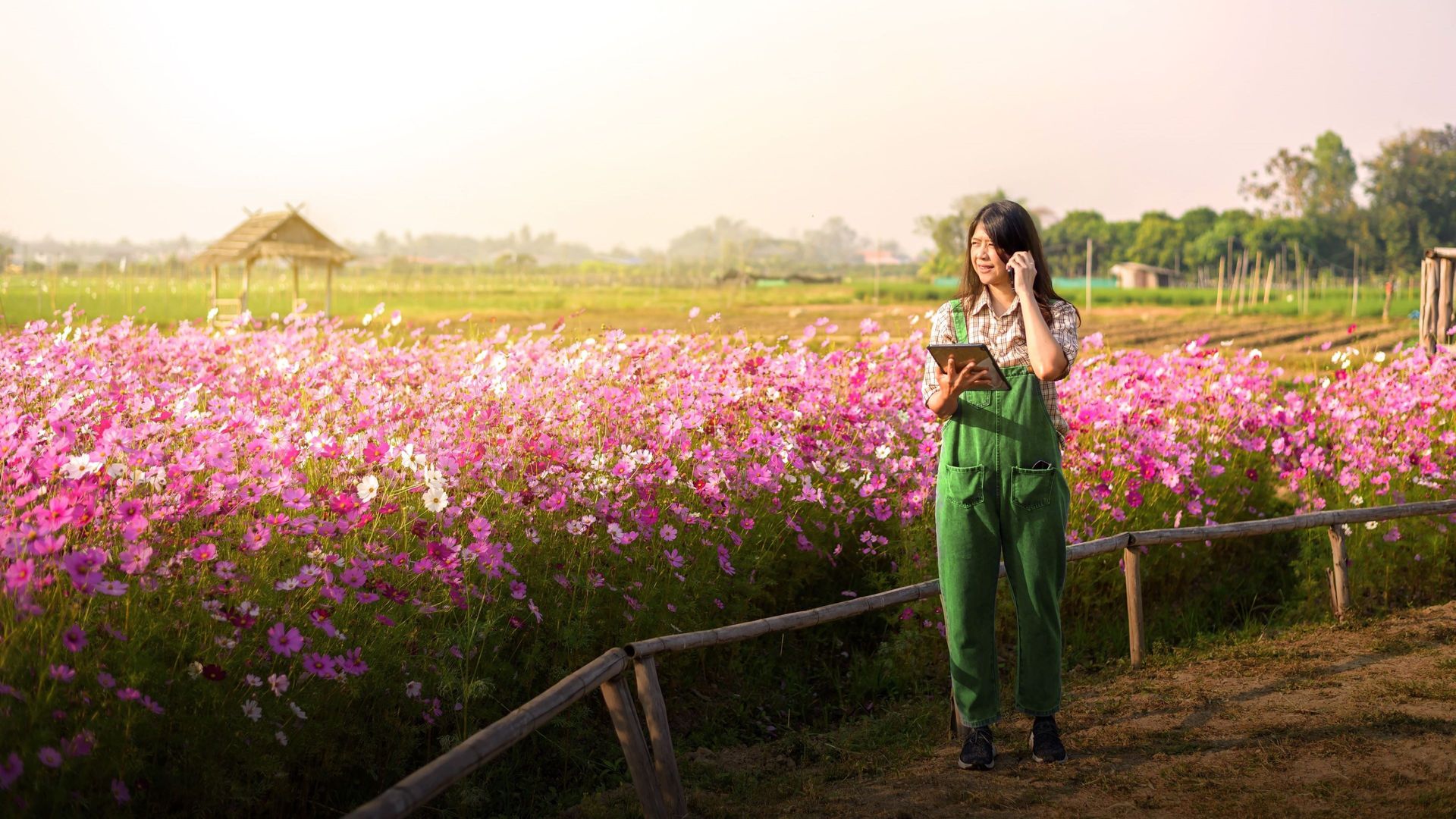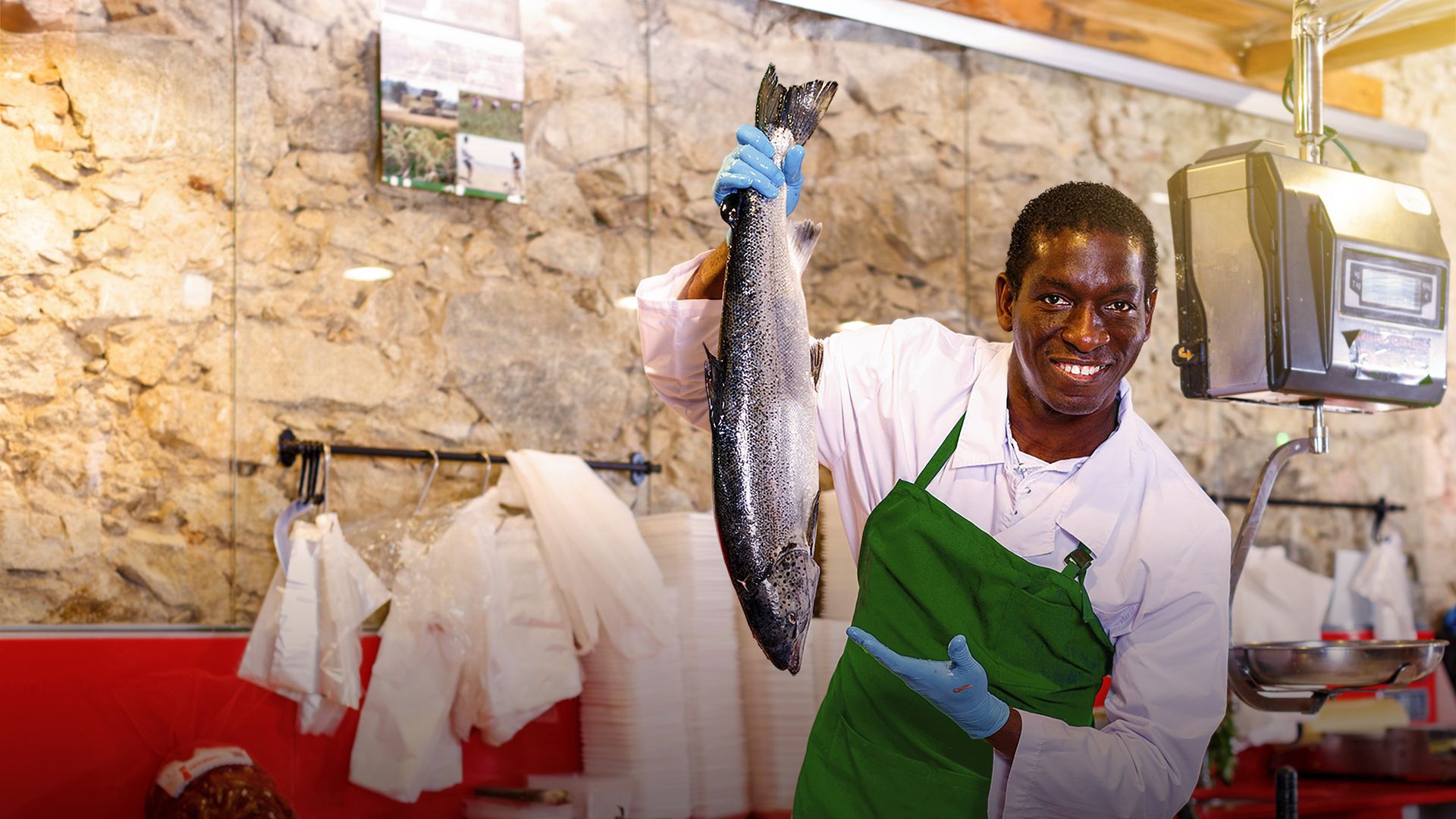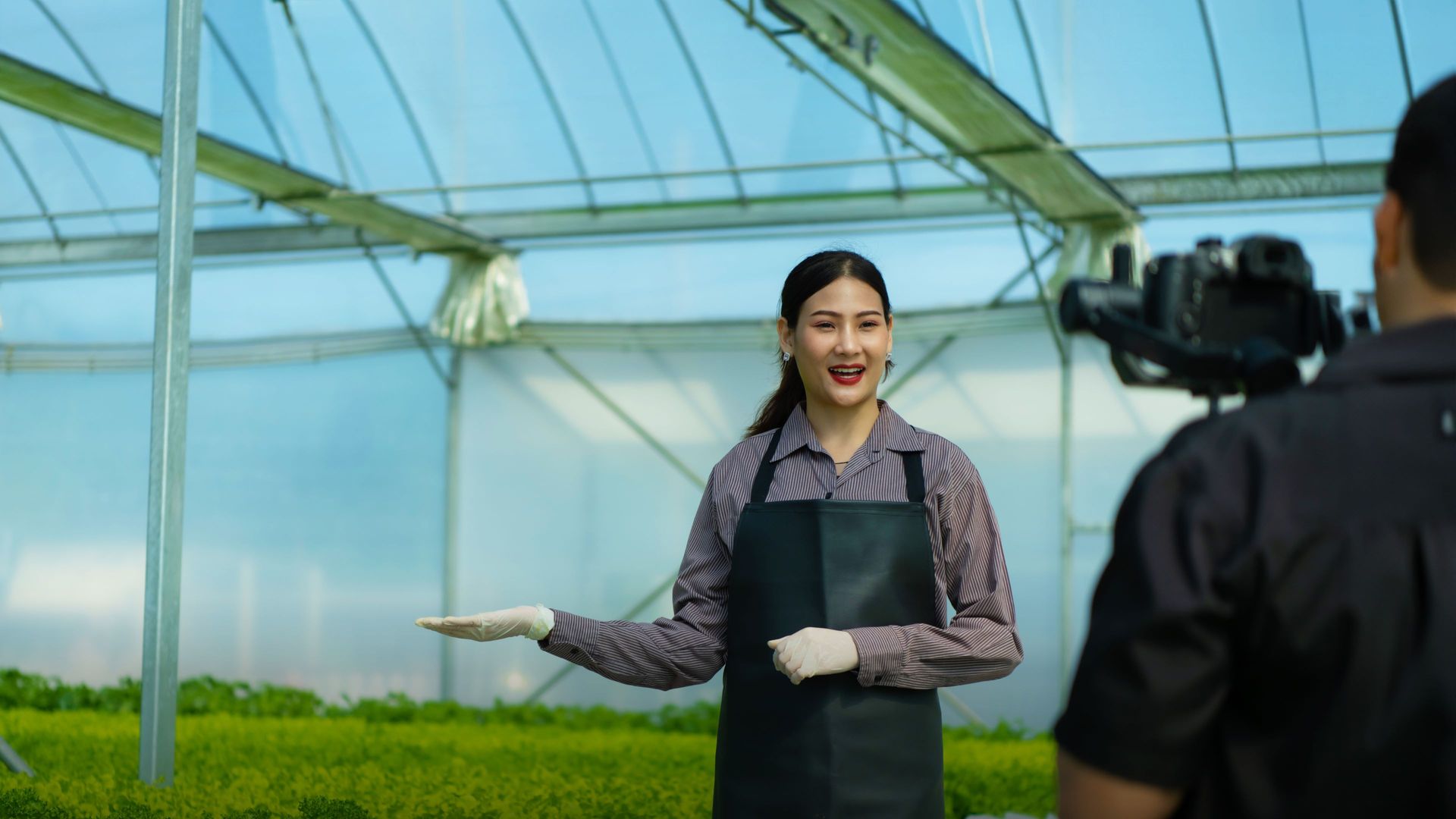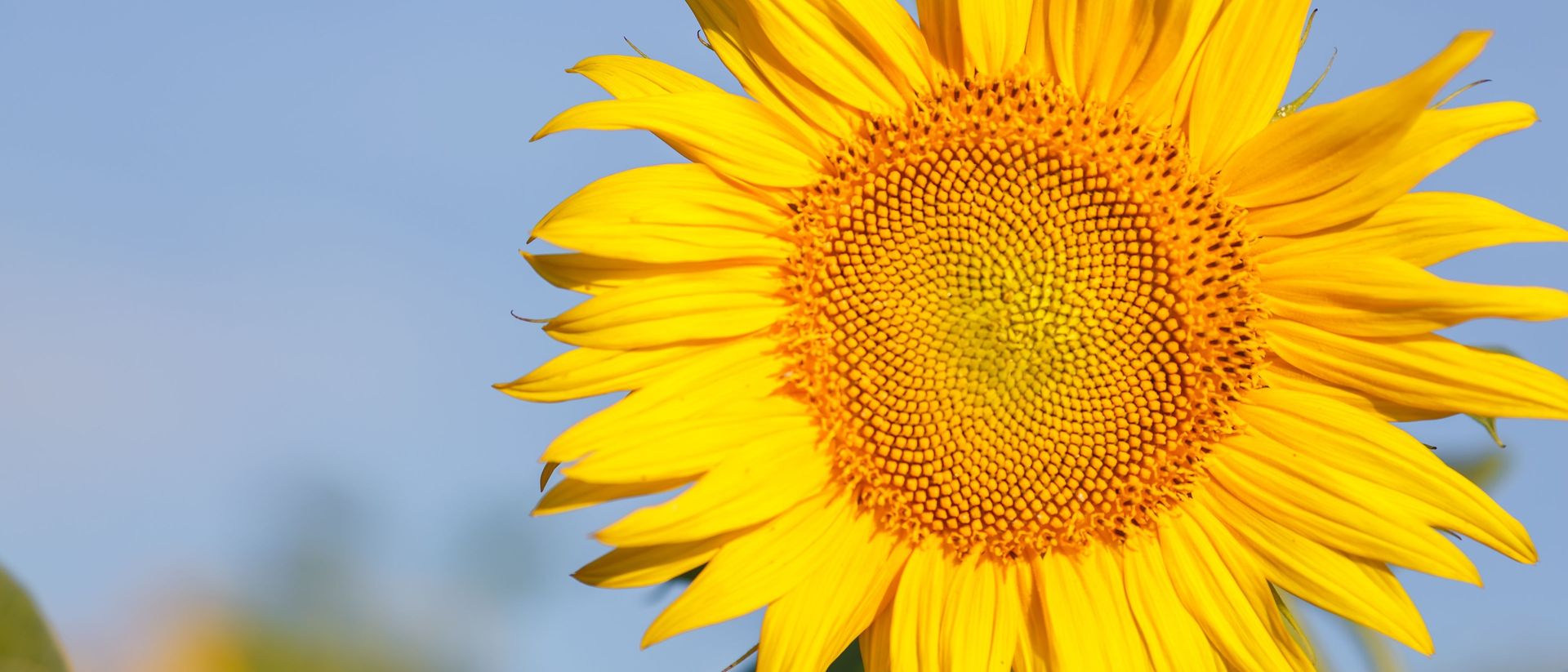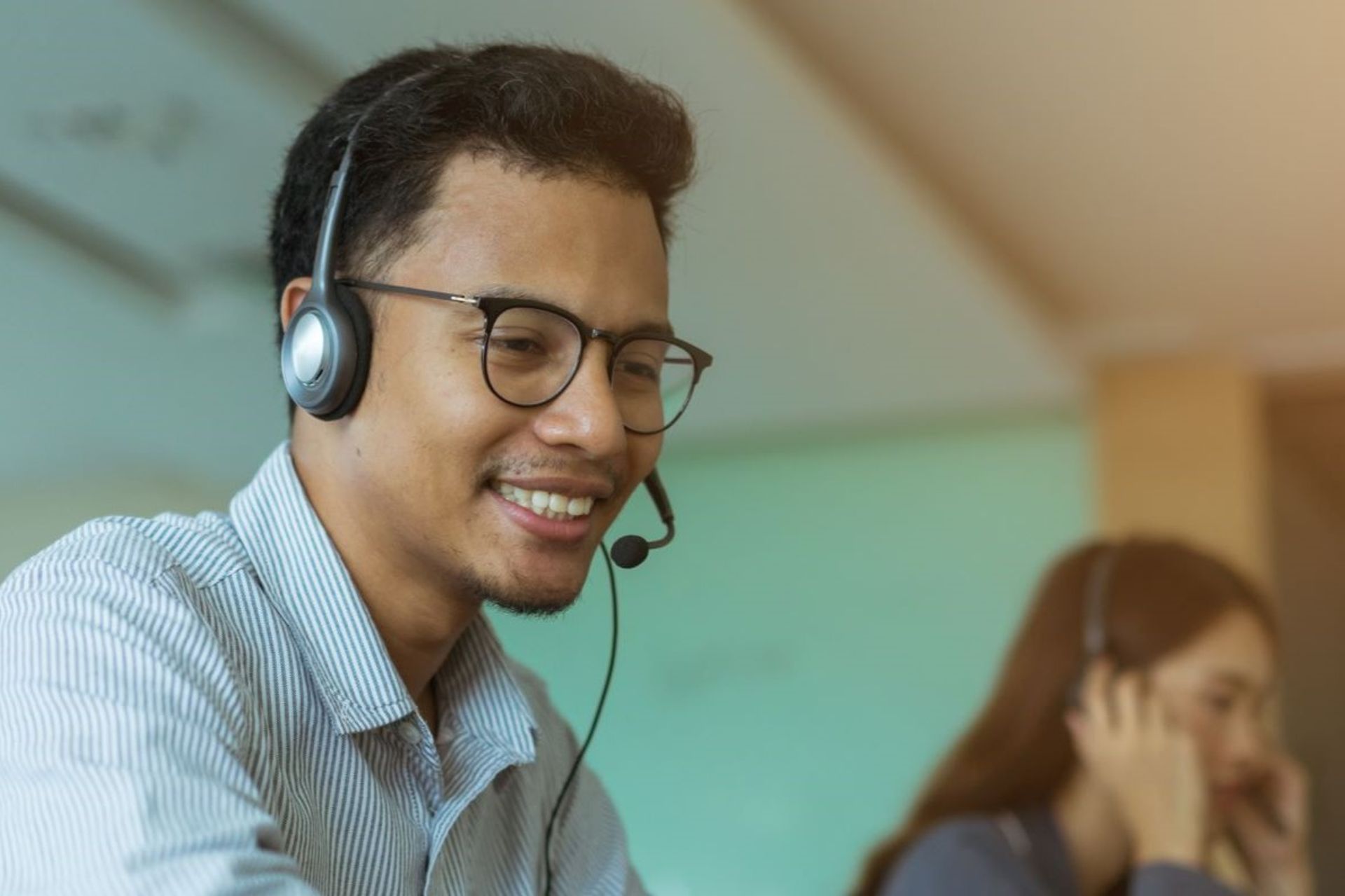About GLOBALG.A.P.
GLOBALG.A.P. history
GLOBALG.A.P. certification has a rich history of innovation and collaboration spanning more than 20 years. Find out how our standards for agriculture, aquaculture, and floriculture came to be some of the most respected and internationally recognized farm assurance solutions in the world.
How we created a common standard
Our history
The GLOBALG.A.P. mission is to foster the global adoption of safe, socially and environmentally responsible farming practices. To achieve this, we collaborate with supply chain stakeholders to create industry-leading, cost-effective, and value-adding assurance and benchmarking solutions. Since the transition from EurepGAP in 2007, our global reach has continued to grow – with GLOBALG.A.P. standards for agriculture, aquaculture, floriculture, and the supply chain now applied in over 130 countries worldwide.
Our story begins
In 1996, agricultural practices are in the spotlight and concern is growing over pesticide residue on fresh produce. Consumer trust in the food sector has also been deeply shaken by the BSE crisis in the UK livestock industry, and a group of European retailers decide to proactively investigate and address the root cause of consumer concerns.
They conclude that by harmonizing their own standards and procedures and developing an independent, holistic certification system for Good Agricultural Practice (G.A.P.), they could promote safe produce while also protecting workers and the environment.
In 1997, the working group "EurepGAP" (Euro-Retailer Produce Work Group Good Agricultural Practice) is born, and the task given to experts to develop this new standard for best practices in agriculture.
The first global conference
Seventeen retailers meet in Paris and invite 300 of their fruit and vegetable suppliers to join them. The new certification scheme is outlined, and the fruit and vegetable suppliers are encouraged to begin preparing for third-party inspection.
Trial standard results and strengthening partnerships
Stakeholders of the EurepGAP initiative meet in Barcelona and establish the partnership principle between retailers and producers. The trial results from the Fruit and Vegetables Protocol – the first version of our fruit and vegetables standard – are also presented.
The first certificates
FoodPLUS GmbH is founded as the legal owner and host of the EurepGAP standard. EurepGAP receives ISO 65 accreditation for the fruit and vegetables standard in 2001 and begins issuing the first producer certificates.
The first individual farm certificate is awarded to a UK producer and the first group certificate is awarded to the Fyffes Group’s associated banana growers in Belize and Costa Rica.
The first benchmark
Remaining true to the guiding principle of avoiding duplication for producers and keeping certification as simple as possible, the first national certification schemes are benchmarked in 2002. The benchmarking process formerly recognizes these schemes as equivalent to the EurepGAP standard.
Entering the floriculture market
Following the success of the fruit and vegetables standard, retailers quickly show an interest in developing a similar EurepGAP standard for flowers and ornamentals. As food safety is not relevant, the primary focus of floriculture certification is sustainability – including environmental impact and workers’ health and safety.
The new flowers and ornamental standard is launched at the Madrid conference.
Diving into aquaculture certification and addressing workers’ well-being
Understanding that seafood is an important contributor to global food security yet noting the diminishing wild stocks of fish, aquaculture is recognized as a growing sector which would also benefit from holistic certification.
With NGO support, salmon is the first aquatic species to be added to the EurepGAP standards portfolio, with the aquaculture standard launched at the Amsterdam conference in 2004.
2004 also saw the development of our first add-on: GRASP is the GLOBALG.A.P. Risk Assessment for Social Practice, which can be assessed in combination with core certification standards to extend the scope of the criteria relating to workers’ health, safety, and welfare.
Adding livestock and compound feed to the certification portfolio
At the Paris conference, the first standard for livestock is introduced – formerly marking the foundation of the Integrated Farm Assurance (IFA) structure.
A standard for compound feed manufacturing is also published – the first global solution to cover both aquaculture and livestock feed mills – and the first national livestock schemes add their checklists to the EurepGAP benchmarking tool.
Collaboration in China and updating the standard once more
With food safety topics becoming ever more prevalent in China due to an increasing number of public health crises, the Chinese government made it a national objective to improve food safety. They therefore developed a GAP standard for fruit and vegetables which was then benchmarked against EurepGAP.
Almost 300 delegates from 41 countries met at the GLOBALG.A.P. conference in Prague to discuss the future direction and content of the next version of the IFA standard.
EurepGAP becomes GLOBALG.A.P.
To reflect the global reach of the EurepGAP standards and demonstrate the shift to a more international perspective, a name change is announced at the conference in Bangkok: EurepGAP becomes GLOBALG.A.P. (c/o FoodPLUS GmbH).
Strengthening integrity, supporting smallholders, and expanding the standards portfolio
The GLOBALG.A.P. Integrity Program is born: a first-of-its-kind for monitoring the delivery and implementation of GLOBALG.A.P. solutions and the integrity of GLOBALG.A.P. certificates.
The new GLOBALG.A.P. Plant Propagation Material standard is launched, and shrimp are added to the aquaculture portfolio.
At the annual conference – this time at home in Cologne – the GLOBALG.A.P. Secretariat announces the intention to commence capacity building activities to support smallholders with standard implementation. Dialogue with government and NGOs also intensifies.
The first GLOBALG.A.P. TOUR stops and introducing localg.a.p.
GLOBALG.A.P. goes on tour for the first time, travelling to five continents to connect with stakeholders on the ground and offer another opportunity to visit a conference closer to their location. The first cities visited are Nairobi, Montevideo, Kuala Lumpur, Washington D.C. and Athens.
A primary solution, then known as localg.a.p. and now called Primary Farm Assurance (PFA), is created to promote the adoption of good agricultural practices among smallholder producers in emerging markets.
The first SUMMIT and the founding of GLOBALG.A.P. North America
Close to 500 delegates from more than 50 countries gather in London for GLOBALG.A.P.’s first SUMMIT.
During the October SUMMIT, the GLOBALG.A.P. committees present version 4 of the GLOBALG.A.P. IFA standard as the most widely consulted, innovative and science-based version yet. The SUMMIT also marks a special milestone in GLOBALG.A.P.’s history at the organization’s 10th global conference.
To support the growth of GLOBALG.A.P. standards in North America, the USA becomes home to GLOBALG.A.P. North America Inc. – a subsidiary of FoodPLUS GmbH.
Animal welfare developments and the first Farm Assurers
The GLOBALG.A.P. stakeholder committee on animal welfare holds its first meeting in November 2011 in Düsseldorf, Germany. The objective is to establish criteria for animal welfare add-on modules which go beyond legal requirements and define the contents of complementary and voluntary certification for livestock producers.
2011 also sees the beginning of a network of licensed agricultural experts (then; Farm Assurers, now; Registered Trainers) who can facilitate training for producers preparing for certification.
2012 SUMMIT, updating the standards portfolio, and the GLOBALG.A.P. Academy
The 2012 SUMMIT takes place in Madrid and brings together more than 400 experts from 49 countries, as well as 400 live-stream viewers – a record of over 800 individuals from more than 65 countries. The debate centers on how to secure food safety and sustainability in the coming years; a topic which continues to be relevant for all our futures.
IFA for aquaculture is updated to version 4 and Compound Feed Manufacturing is updated to v2.1 with a new focus on sustainability through “responsible use of natural resources”.
Although training and capacity building has always been a core focus of GLOBALG.A.P., 2012 sees the creation of the official GLOBALG.A.P. Academy which provides training for certification bodies, producers, agricultural consultants, private groups, or anyone else interested in the GLOBALG.A.P. certification system.
2013 TOUR stops
For the third time, TOUR stops are held around the world. With the support of local partners, the GLOBALG.A.P. Secretariat organizes eight events in Tucuman - Argentina, Tel Aviv - Israel, Quito - Ecuador, Cape Town - South Africa, Harbin - China, Madrid - Spain, Miyazaki City - Japan, and Hoogstraten - Belgium.
The result: valuable input for the revision of the IFA v5 standard.
Signing the declaration of Abu Dhabi
The 2014 SUMMIT is held in Abu Dhabi, promoting sustainability, traceability, food safety, animal welfare and social and environmental responsibility in one of the fastest growing regions in the world.
The GLOBALG.A.P. Secretariat, the International Trade Center, and SAI Platform sign the Declaration of Abu Dhabi, establishing eight commitments to finding new approaches that make it easier and more attractive for farmers around the world to adopt safe and responsible production practices.
TOUR 2015
Now taking place every year, almost 1,700 delegates attend 13 TOUR stops organized with the support of local partners across six continents.
Successful TOUR stops in Spain and the Netherlands show the growing need for more partnerships and collaborations in the certification market, with an aim to create value in the food chain through new product and service innovations powered by new technologies.
Launch of the GGN label for aquaculture and celebrating 20 years of history
The GGN label is the first consumer communication channel offering on-product assurance based on GLOBALG.A.P. certification. Launched for products from certified aquaculture farms, the GGN label comes with an online portal so that consumers can learn about the farms that have produced the seafood products they buy.
Held in Amsterdam, the GLOBALG.A.P. SUMMIT attracts more than 400 delegates from over 50 countries who come to celebrate 20 years of global partnership and 15 years of GAP certification. The conference is officially opened by Prince Pieter-Christiaan van Oranje-Nassau, a member of the Dutch Royal Family.
With more than 70 speakers, the program focuses on the future of farm certification, covering key topics such as food safety risks, increasing public-private collaboration, measuring and monitoring continuous improvement in responsible agriculture, and using big data in certification.
GGN label enters the floriculture market and an expanding GLOBALG.A.P. network
In 2017, the GGN label expands to cover flower and ornamental products. Floriculture producers are now able to label their products with the consumer label and enjoy recognition for their responsible farming practices.
2017 also sees more than 10,000 new producers enter the GLOBALG.A.P. network and achieve certification.
Welcoming the 200,000th producer to GLOBALG.A.P. certification and the first conference in South America
After over 20 years of consistent growth, GLOBALG.A.P. celebrates the 200,000th grower to achieve certification – a plantain farmer in Ecuador. GLOBALG.A.P. is now one of the world’s largest farm assurance schemes for Good Agricultural Practices, covering more than 120 countries.
At the SUMMIT in Lima, 400 delegates from over 50 countries discuss the latest developments in food safety and sustainability, as well as the future of the industry. Officially opened by the Prime Minister of Peru, the conference program features 80 speakers focusing on creating new markets for responsibly grown food and flowers, finishing with a call to action to prevent the destructive spread of the banana pathogen TR4.
Enlarging our global network
2019 sees the expansion of the GLOBALG.A.P. Advisory Board to add members from Latin America and the Asia-Pacific regions. This establishes a governance structure with worldwide representation, elected by GLOBALG.A.P. Community Members.
We also grew our network of Technical Key Account Managers, covering all major regions where farm assurance schemes are deemed most necessary.
Pandemic strikes and innovation answers
2020 is a year of revision for the GLOBALG.A.P. portfolio of farm assurance solutions. The bi-annual GLOBALG.A.P. SUMMIT, this time in China, is intended to kick off an intense consultation period on the latest IFA standard.
However, due the rapid spread of the COVID-19 pandemic, the official SUMMIT is cancelled and the process becomes the online World Consultation Tour. Fortunately, this allows the GLOBALG.A.P. Secretariat to connect with more stakeholders than ever before – with over 800 participants attending more than 200 virtual round tables in more than 15 different languages.
Pandemic-related travel restrictions also cause two problems for producers: firstly, auditors are unable to travel for onsite audits, and secondly, there are a shortage of farm workers to help with harvesting seasonal fruits and vegetables in western Europe.
Reacting quickly to help avoid disruption to critical supply chains, GLOBALG.A.P. develops two solutions: The GLOBALG.A.P. Remote Procedure which allowed for remote audits, as well as a series of harvest videos to support the call for local citizens to help out with the harvest.
Launch of the new-look cross-category GGN label and approval of IFA v6
The long-awaited new logo design for the GGN label (a consumer-facing initiative) is unveiled at a special virtual launch event – uniting the three scopes of agriculture, aquaculture, and floriculture under a single label. Stakeholders from the producer and retail sectors join the virtual event from 53 countries across all continents.
The yellow logo for certified, responsible farming and transparency is now a familiar mark on products and can be found in stores across 40 countries.
In October 2021, the GLOBALG.A.P. Advisory Board approves the interim final draft of IFA v6, as well as the interim final draft of the GLOBALG.A.P. Risk Assessment on Social Practice (GRASP) v2.
Launch of smart farm assurance solutions for the digital era
As the landscape of farming practices changes and technologies evolve, the GLOBALG.A.P. infrastructure is adapting with it.
With the launch of IFA v6 and GRASP v2, we hail a new era of smarter, more data-driven standards with more intuitive and interconnected certification. The launch of our new solutions are marked by a pre-recorded panel discussion event followed by a live Q&A session.
2022 also sees revisions of core solutions such as the Compound Feed Manufacturing standard – enhancing environmental sustainability elements – and the GLOBALG.A.P. Chain of Custody standard, enabling the GGN label to expand into the cut, washed, and frozen category of fruit and vegetables. IFA for livestock is not updated to v6, and the process begins to identify a partner organization to help producers transition to a similar scheme.
World-leading farm assurance
Today, GLOBALG.A.P. is one of the world's leading farm assurance programs, translating buyer and consumer requirements into safer and more sustainable farming practices in a rapidly growing list of countries – currently more than 130.
Feeling inspired?
Join our diverse global team and contribute to a more sustainable future!
Next steps
For producers
Find out which GLOBALG.A.P. smart farm assurance solution is right for you and explore the path to certification.
For certification bodies
Become a GLOBALG.A.P. approved certification body (CB), expand your auditing scope, or manage your status.
For buyers
Learn how GLOBALG.A.P. certification and GLOBALG.A.P. Community Membership can benefit your supply chains.
For media/press
Learn more about the GLOBALG.A.P. certification system, read our latest news and updates, or contact the press office.
Safer and more sustainable farming is a collective effort
Subscribe to our monthly Spotlights newsletter to get the latest solution updates, industry collaborations, and event highlights direct to your inbox!
Contact us
If you would like more information on GLOBALG.A.P. activities around the world, follow us on social media, subscribe to our newsletter, or contact us directly at info@globalgap.org.
